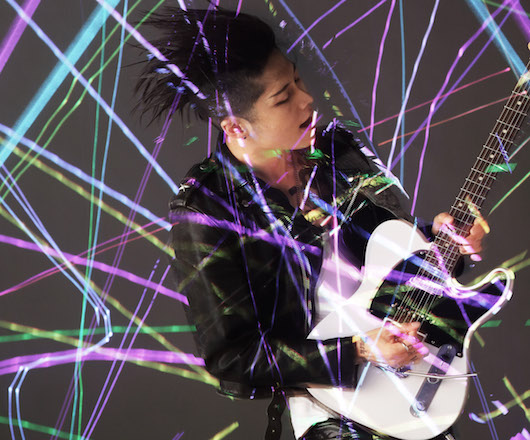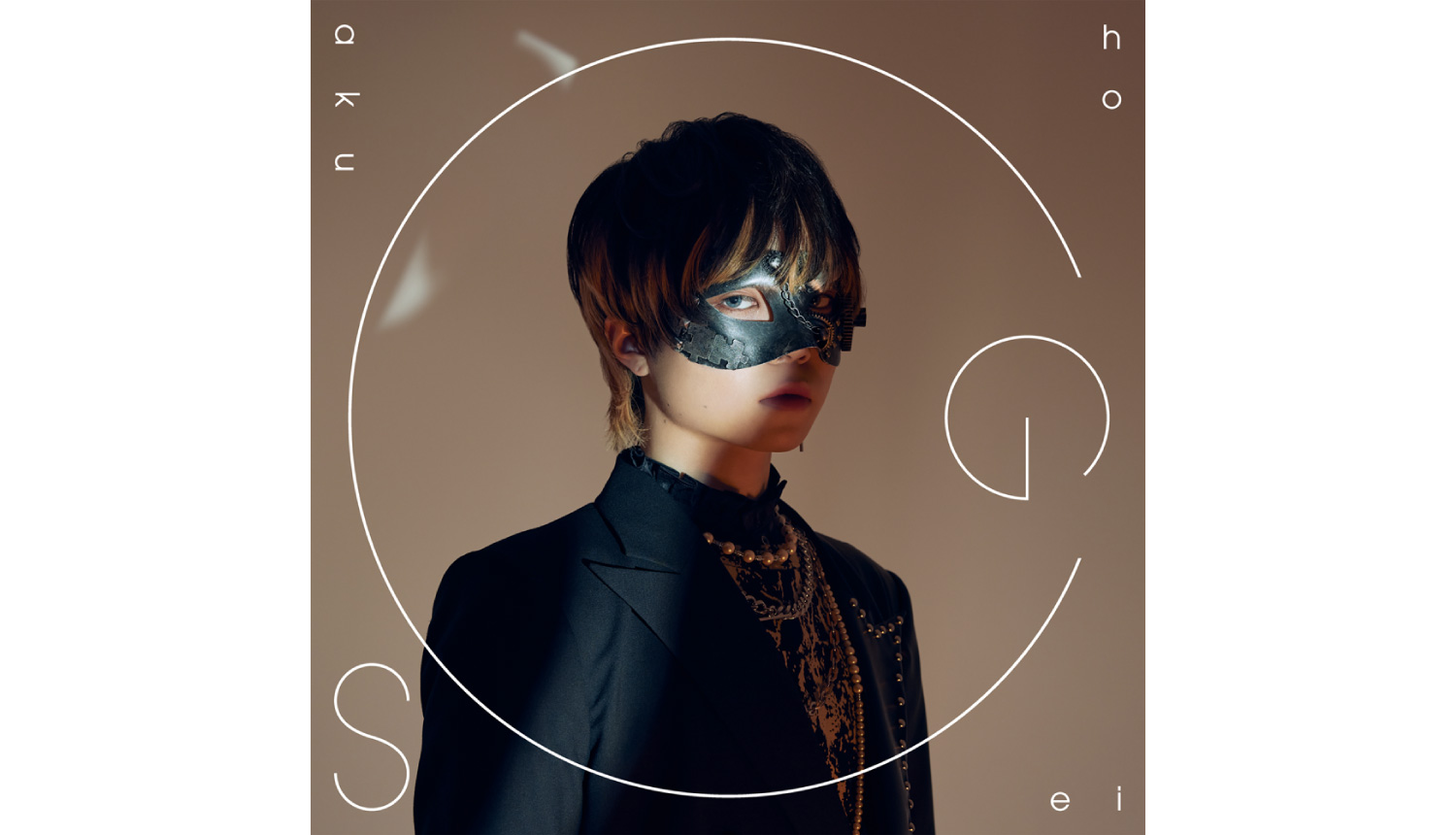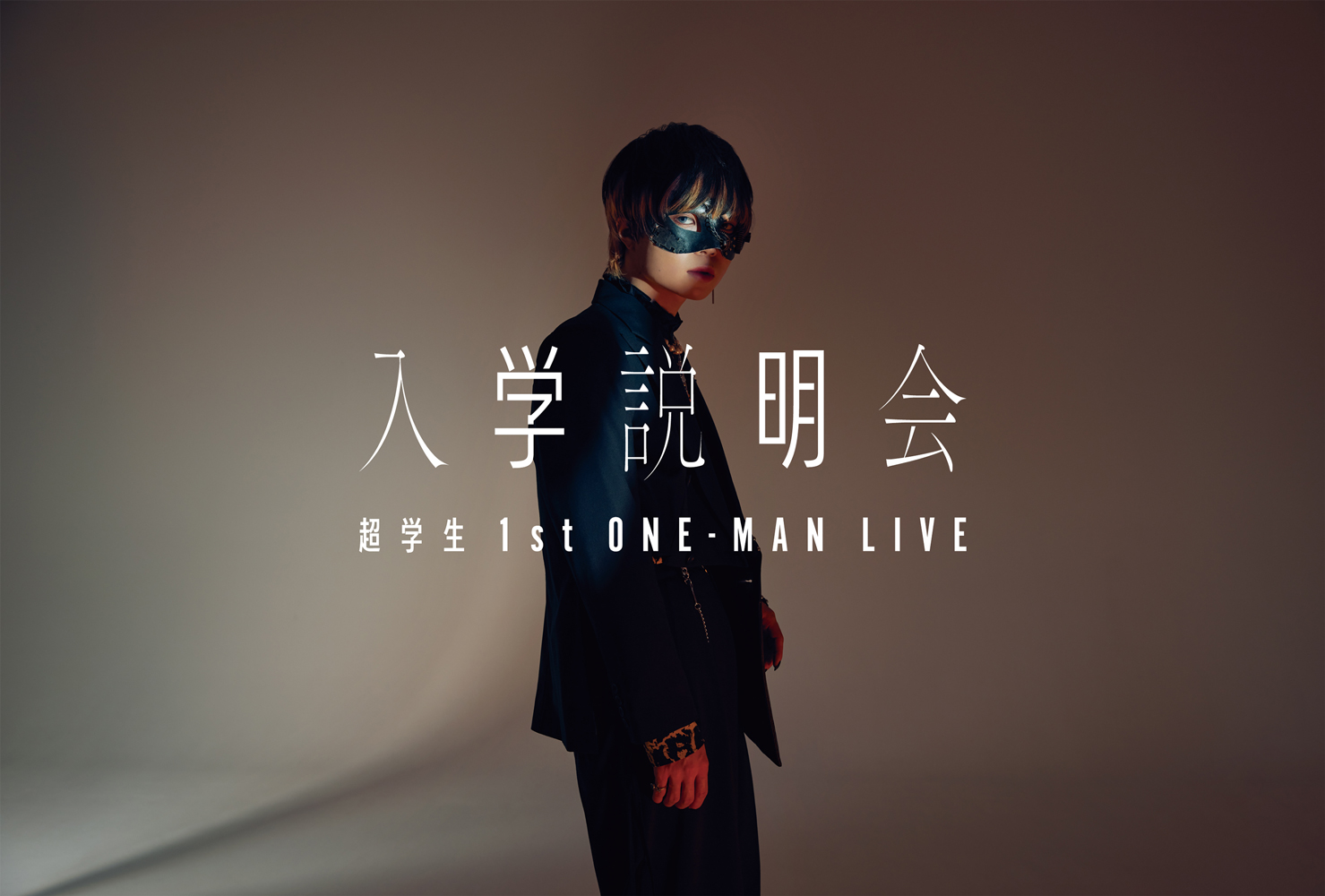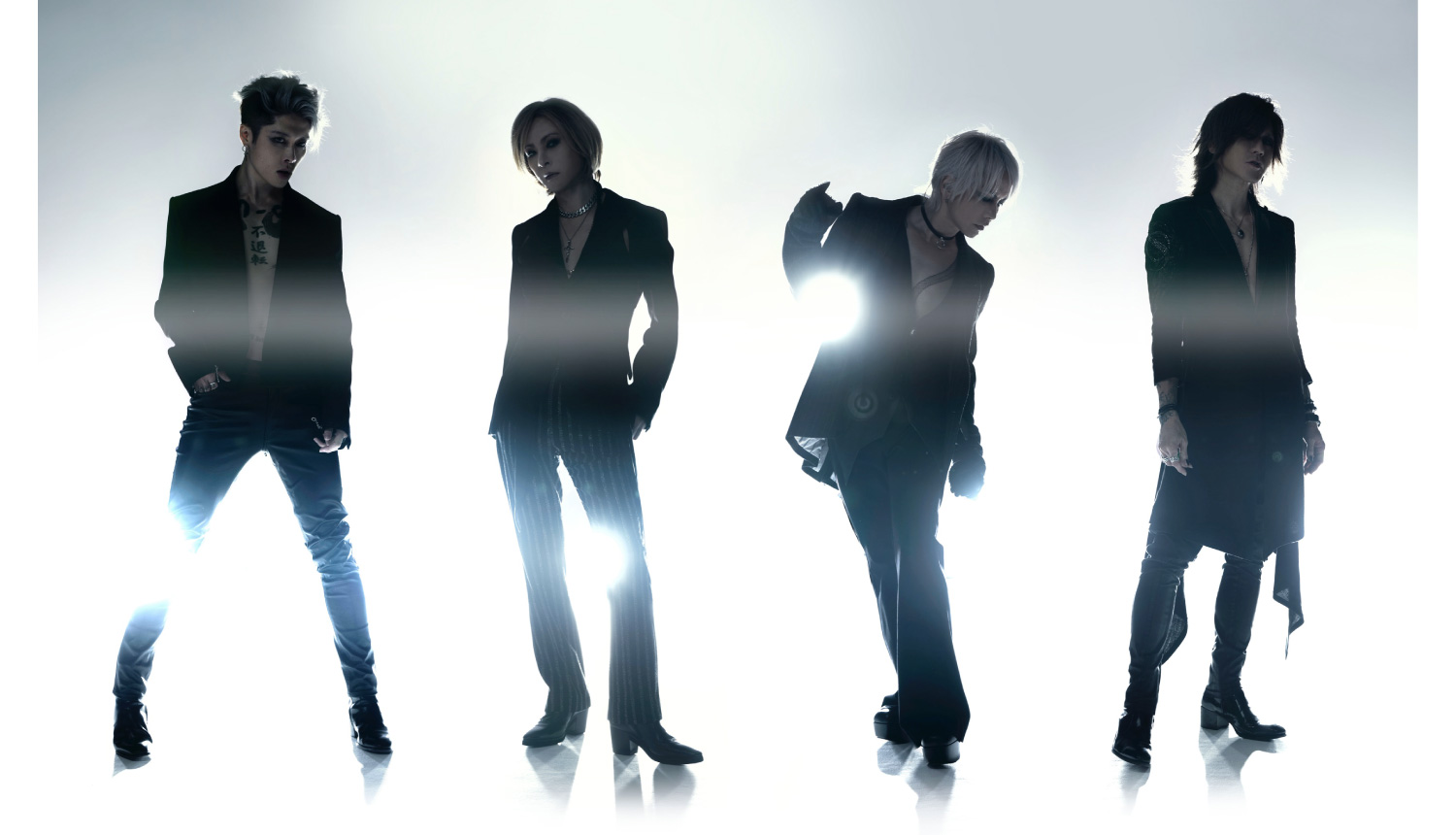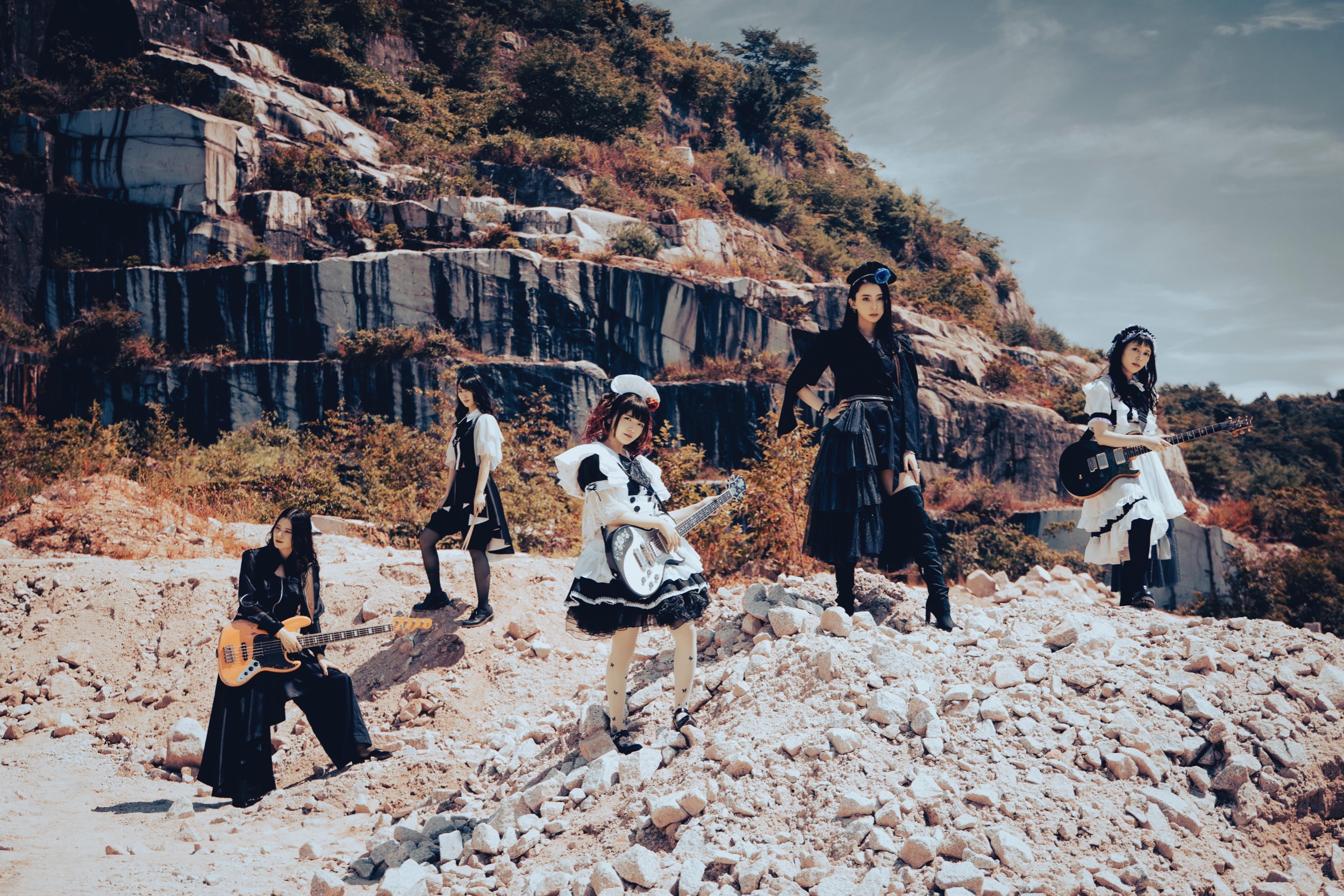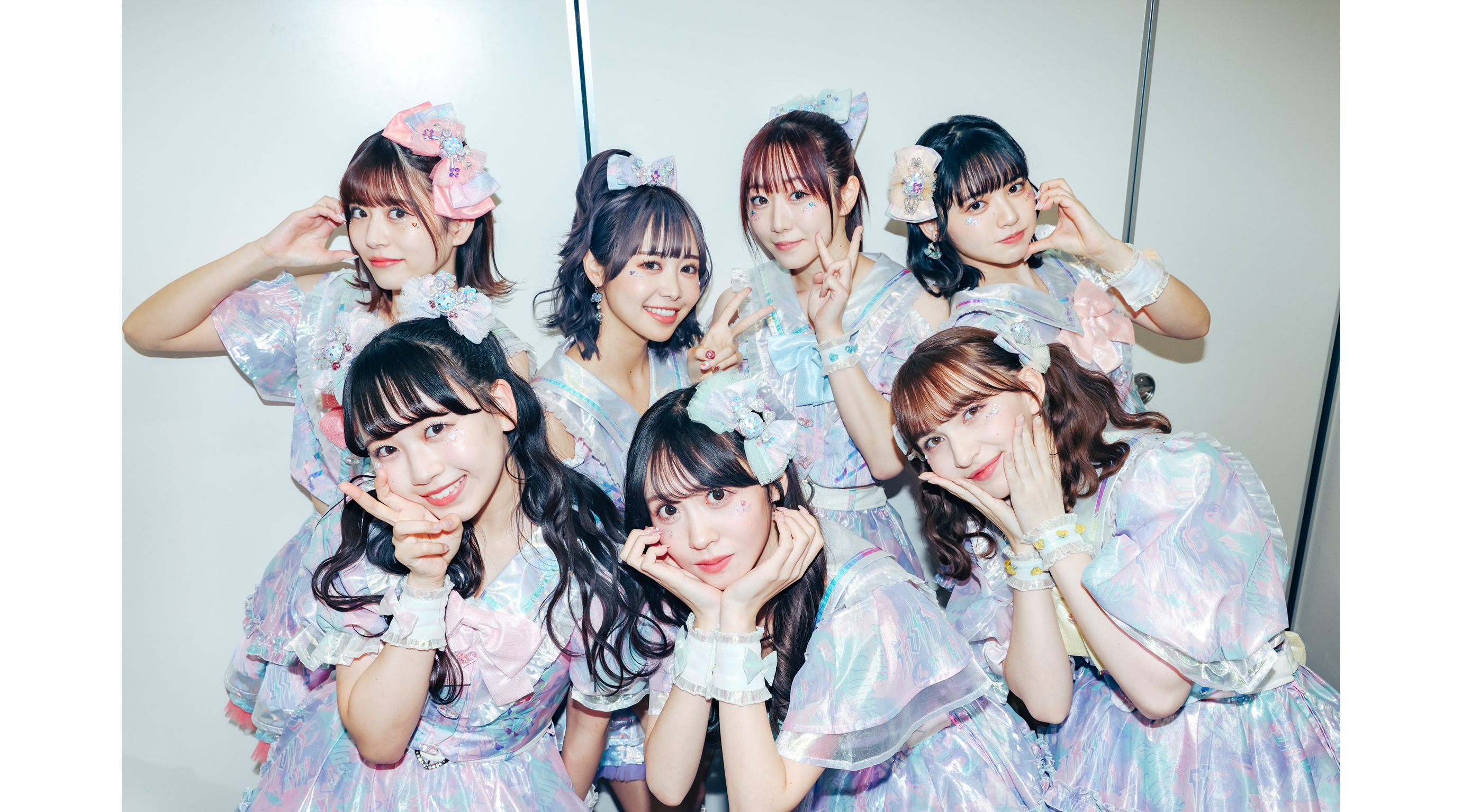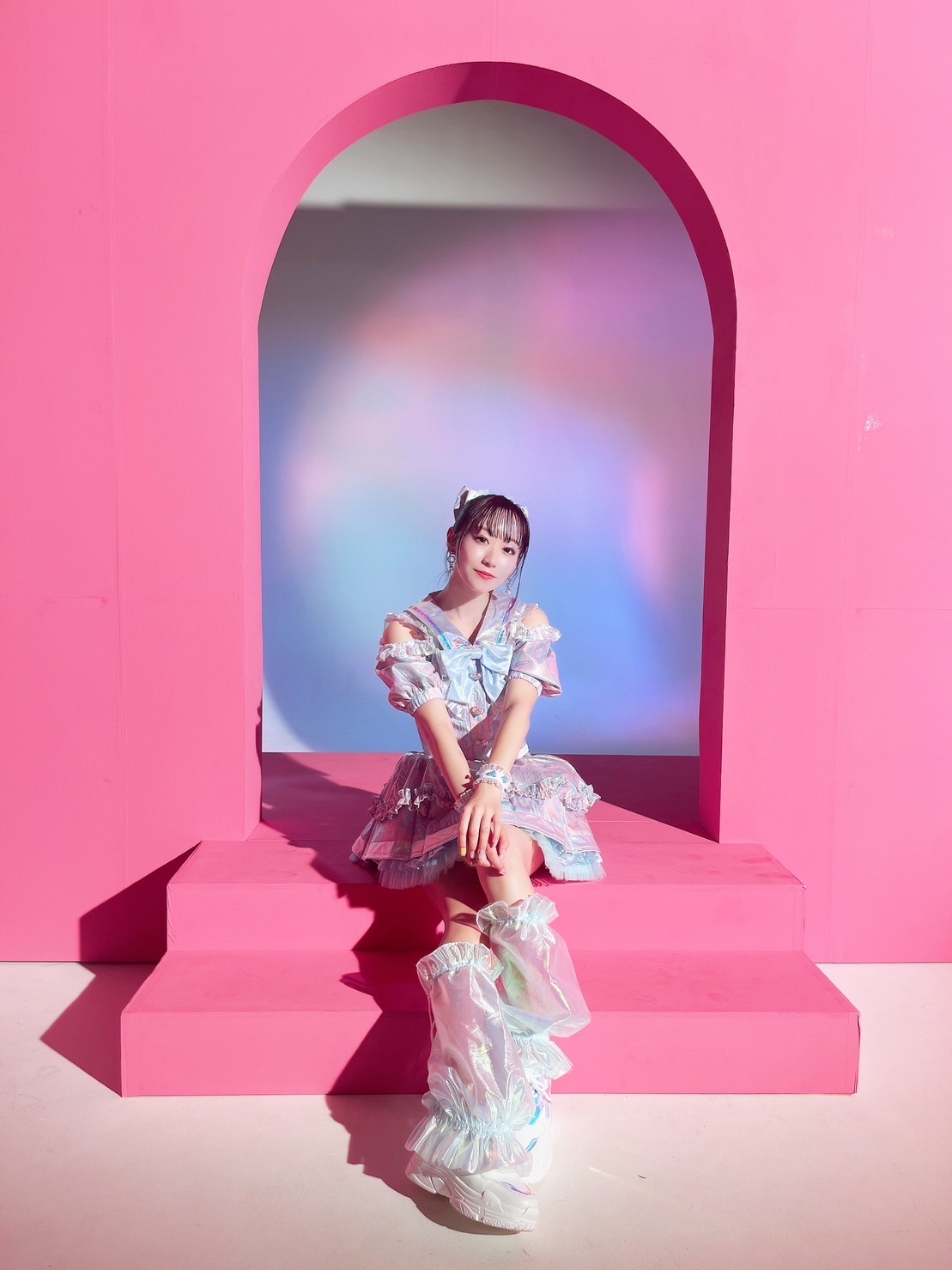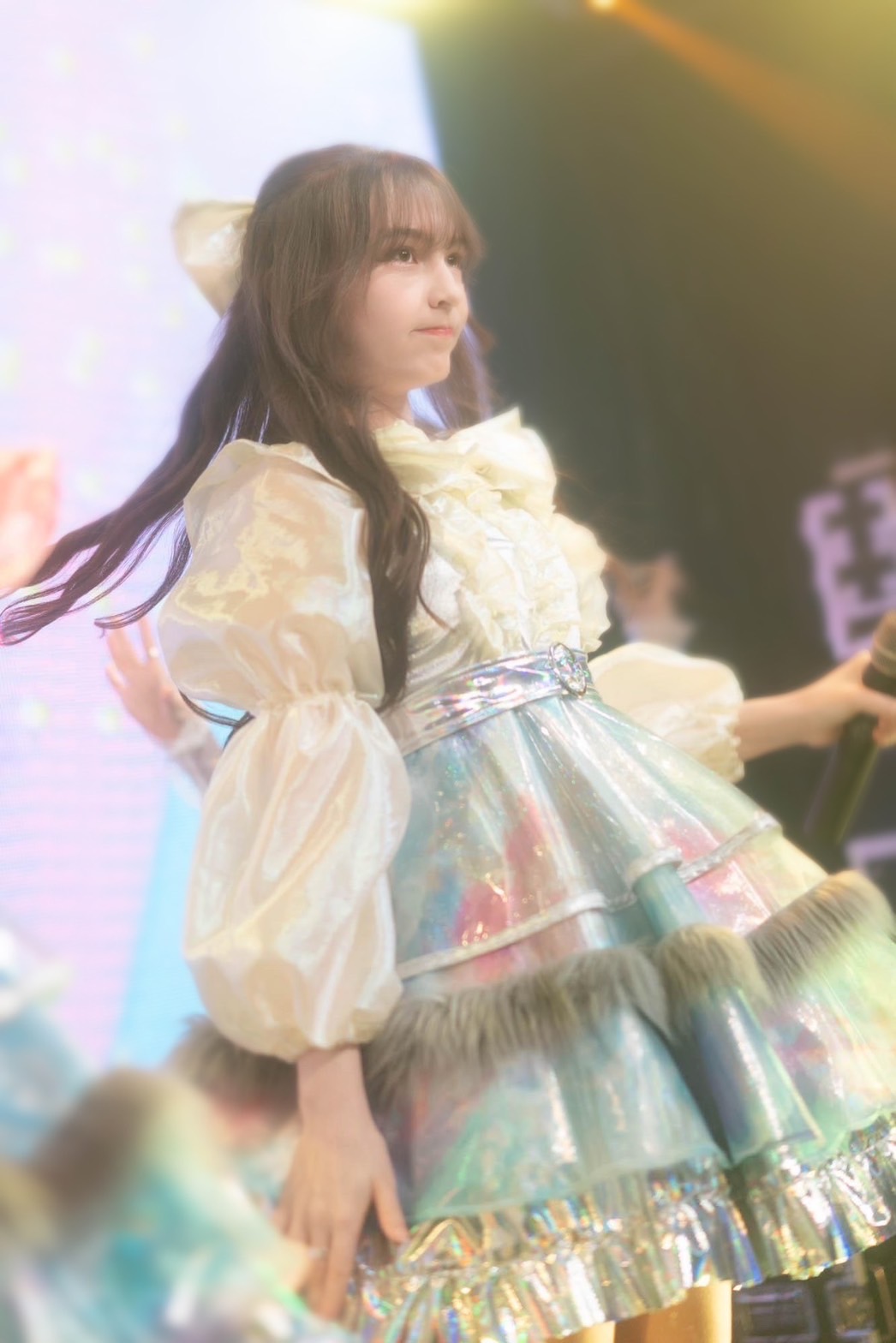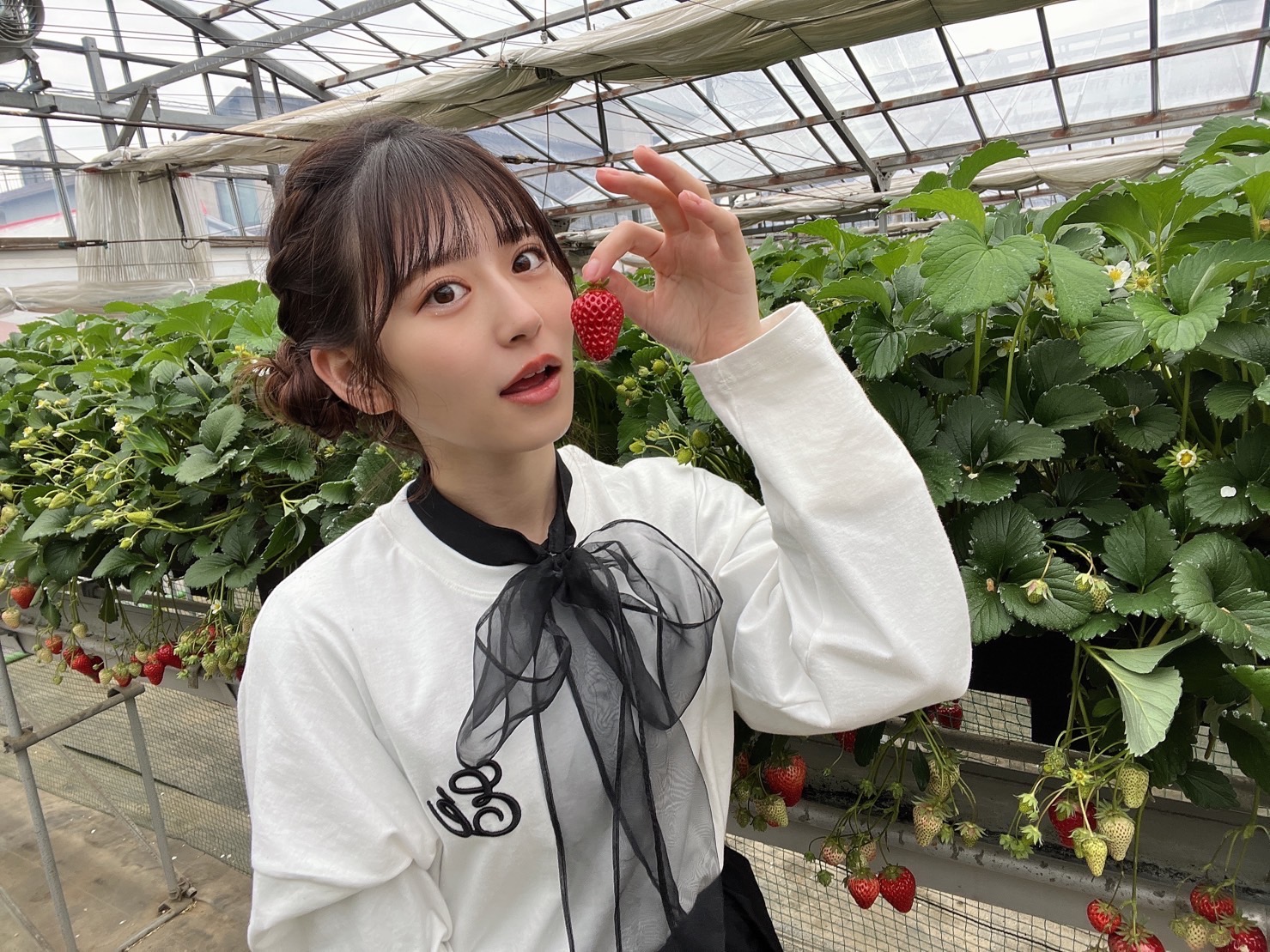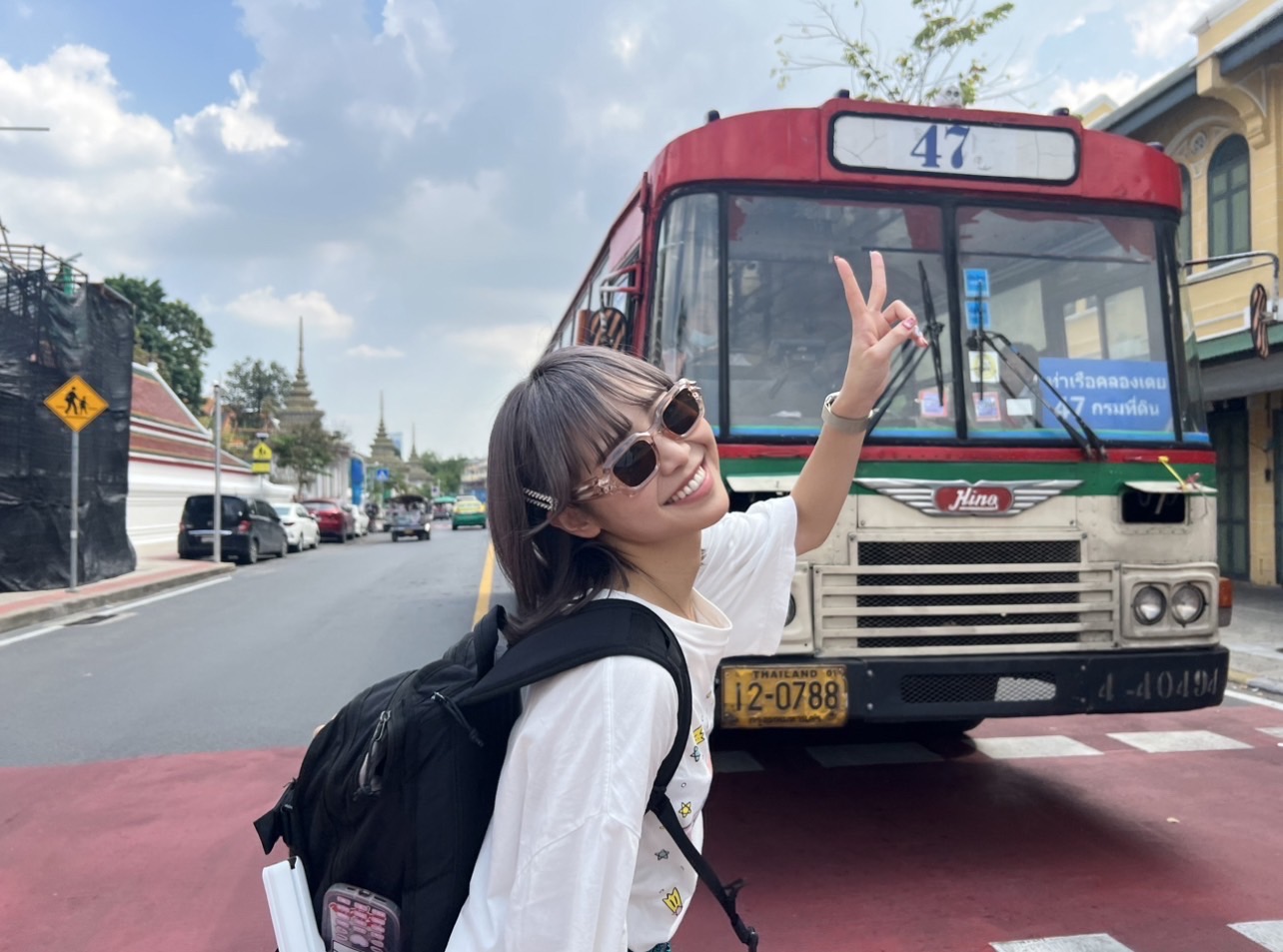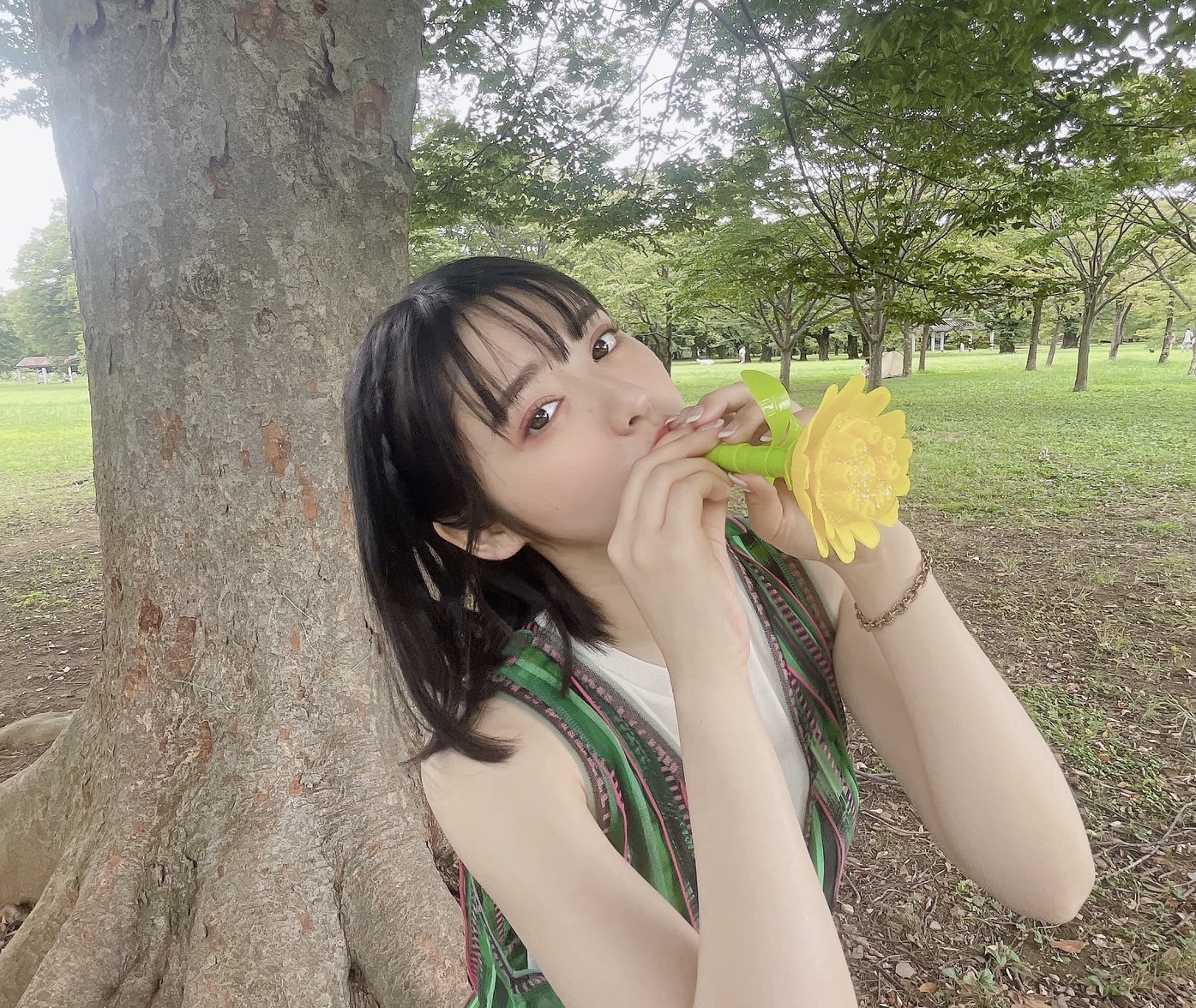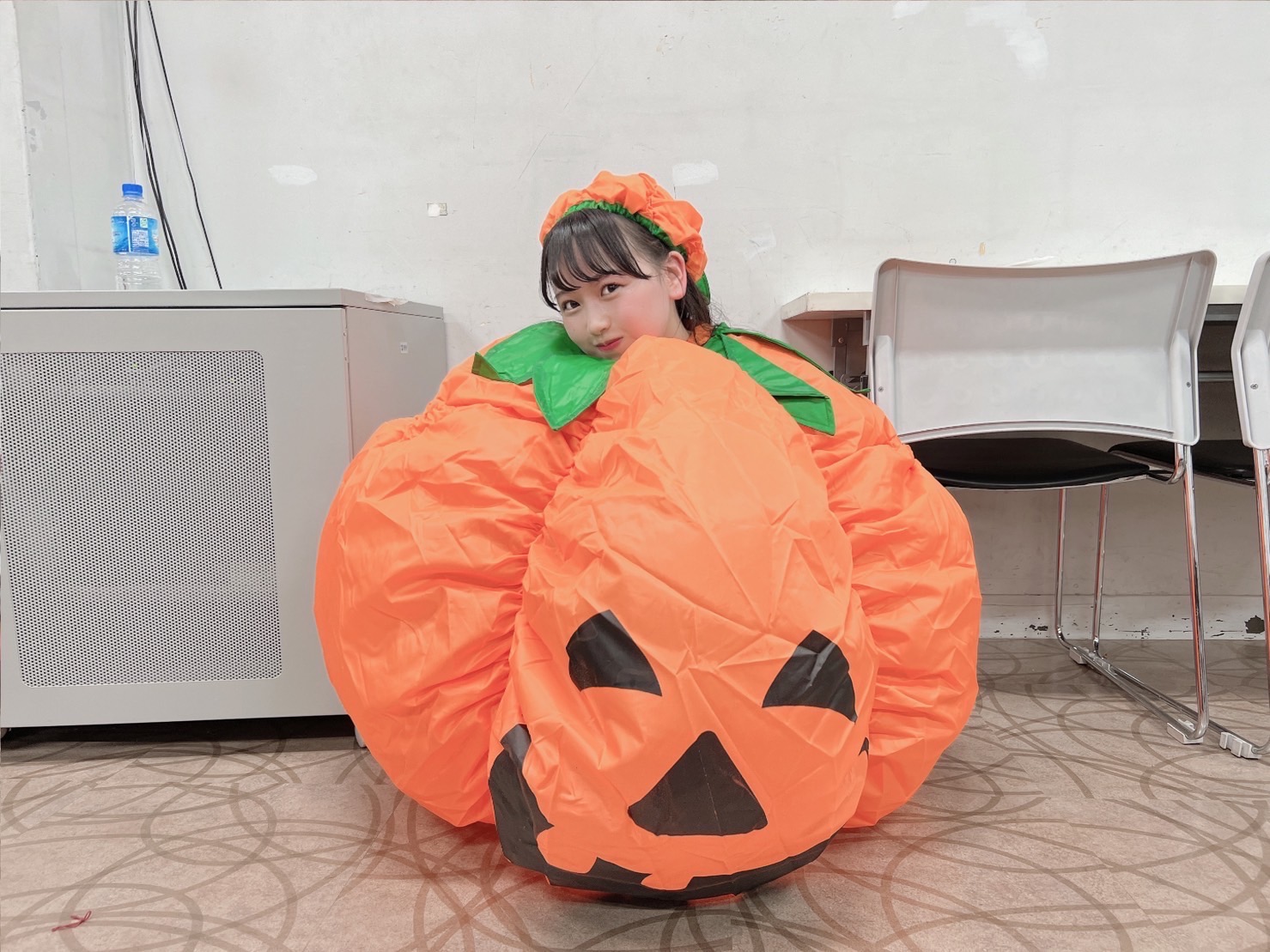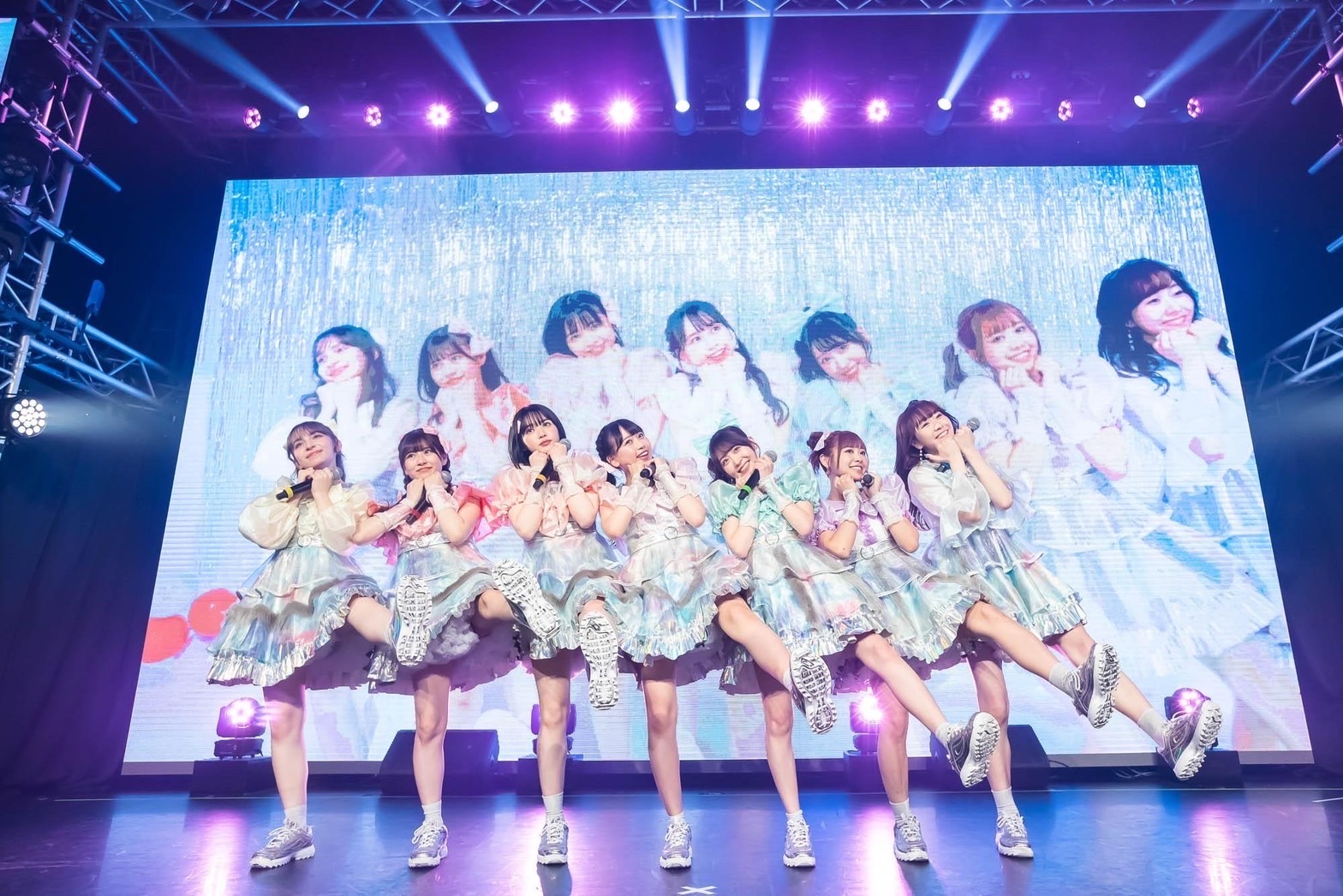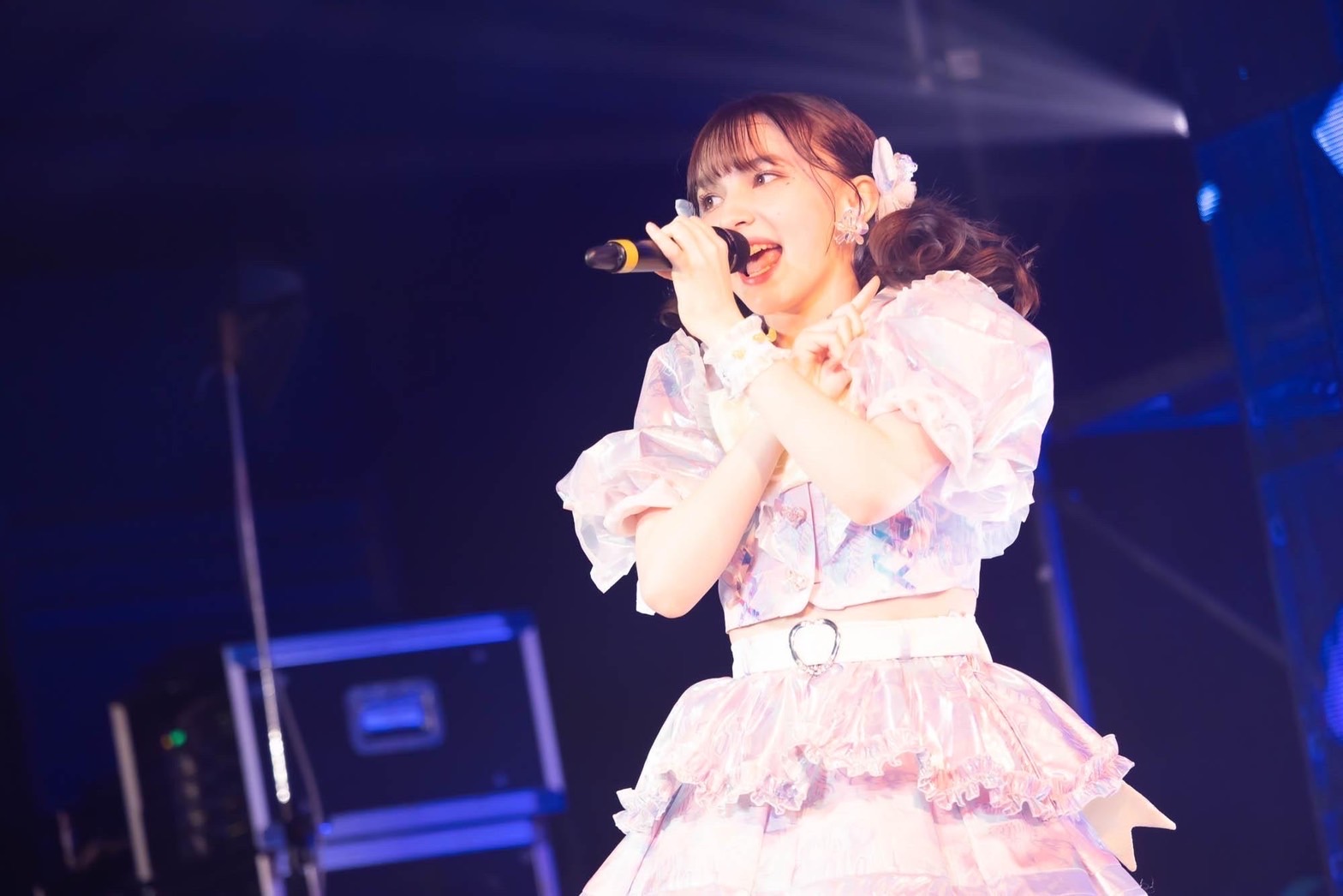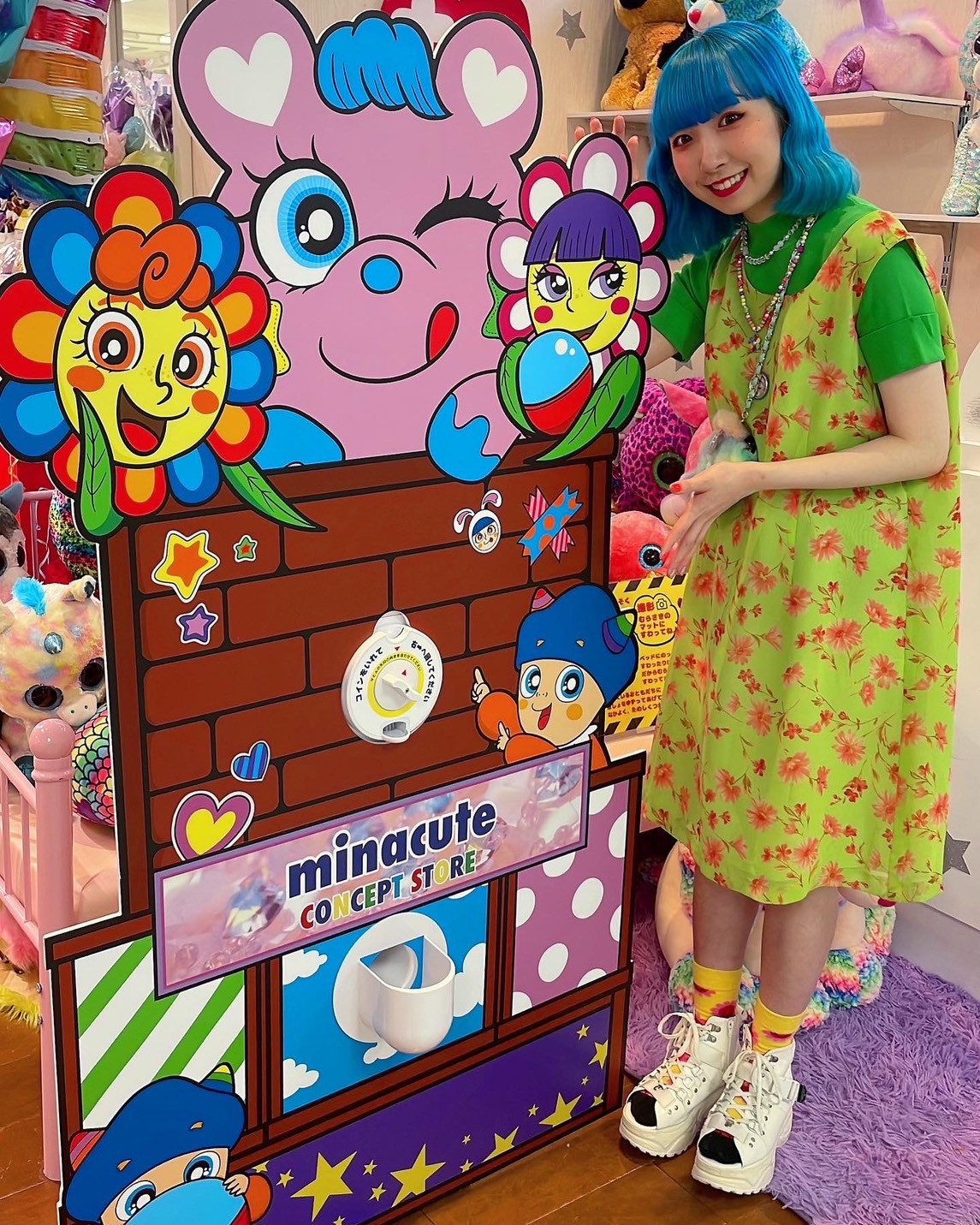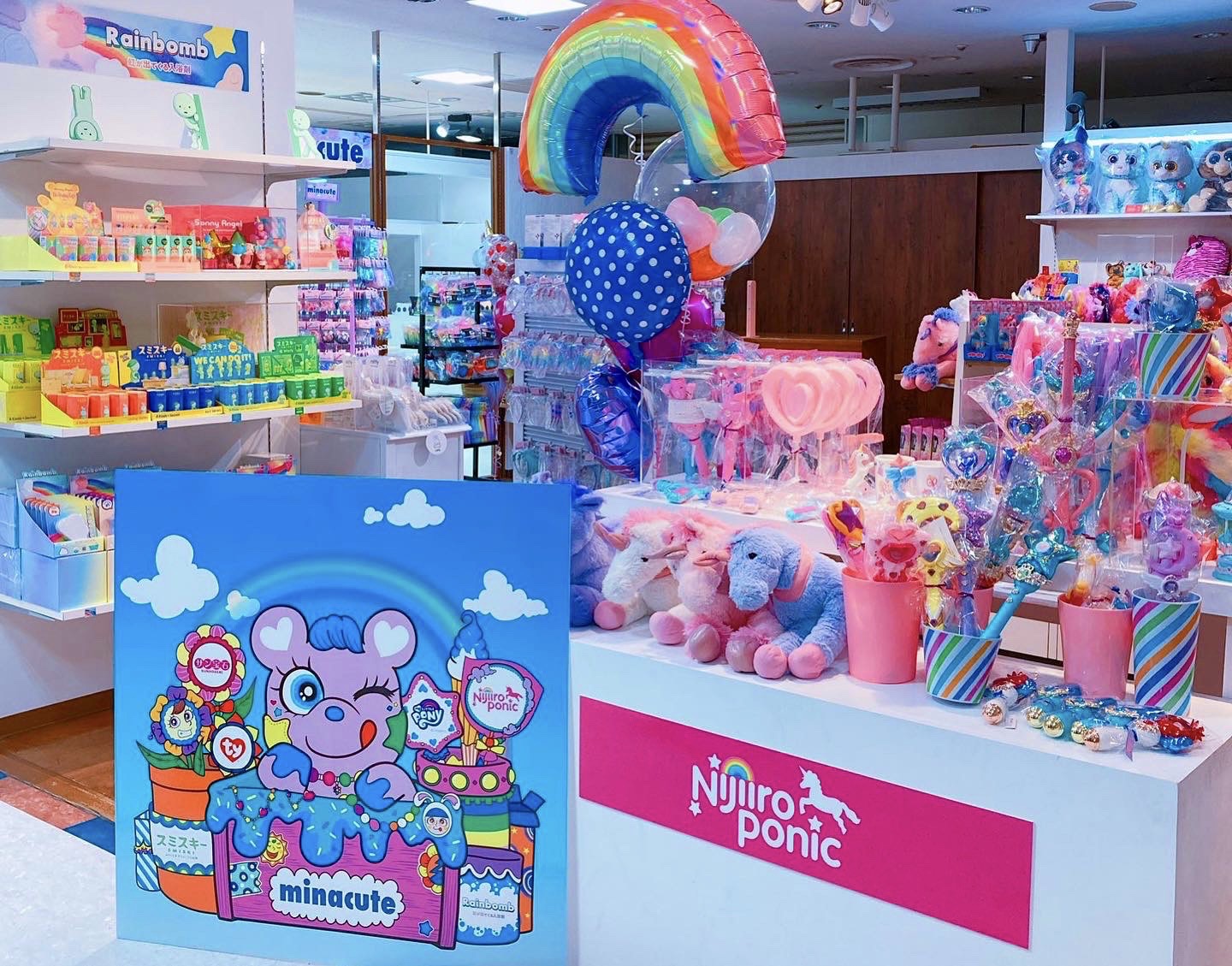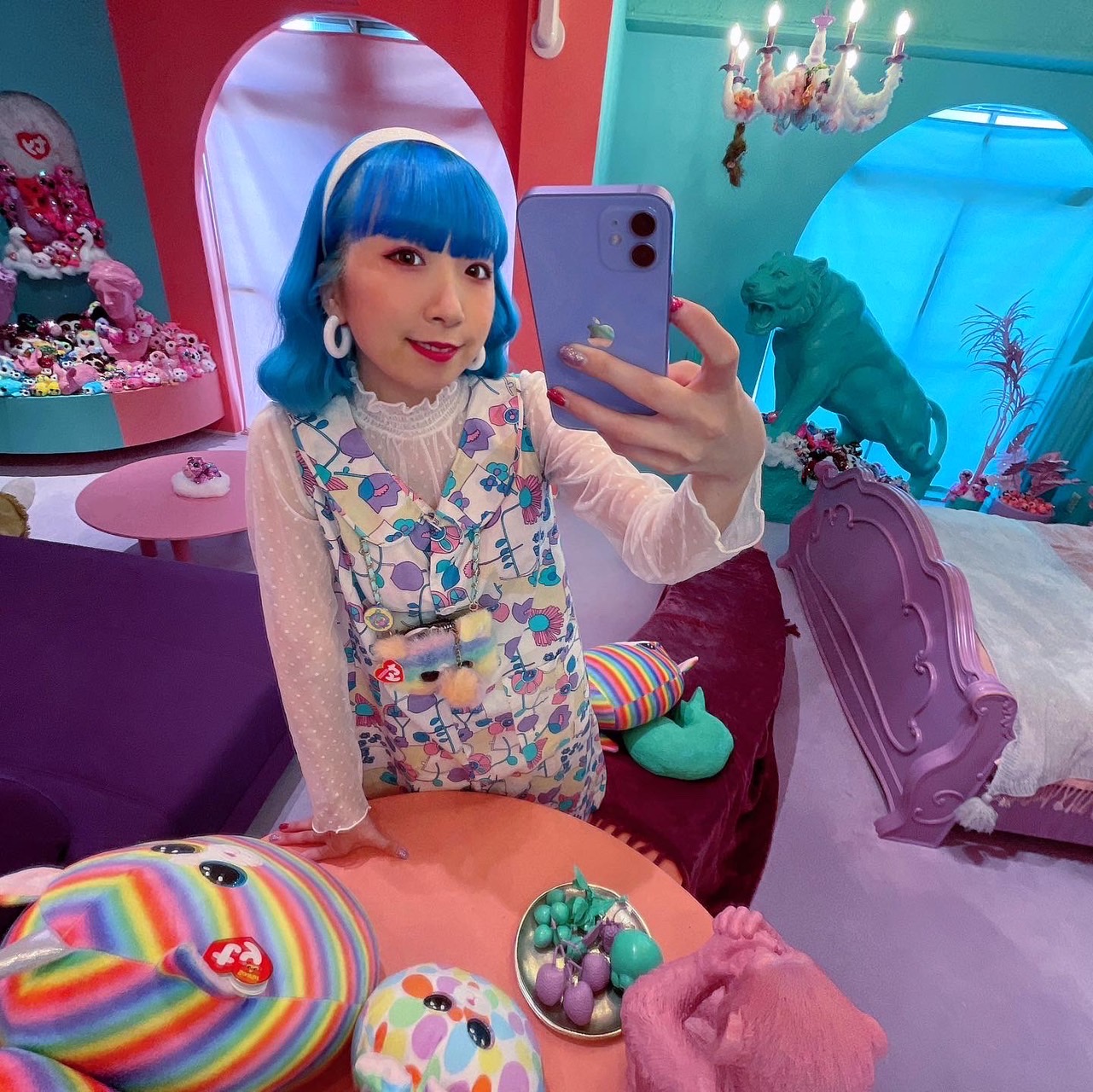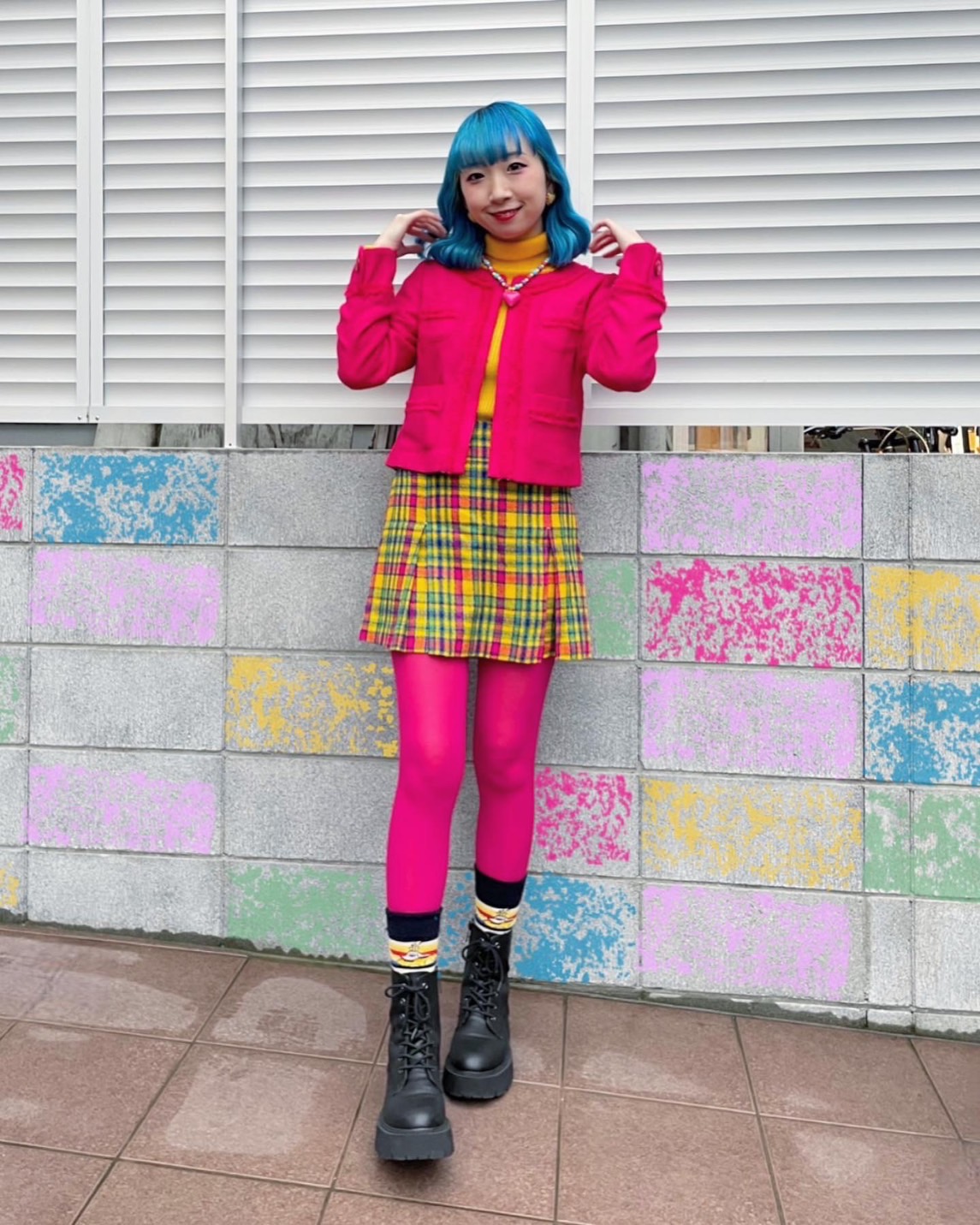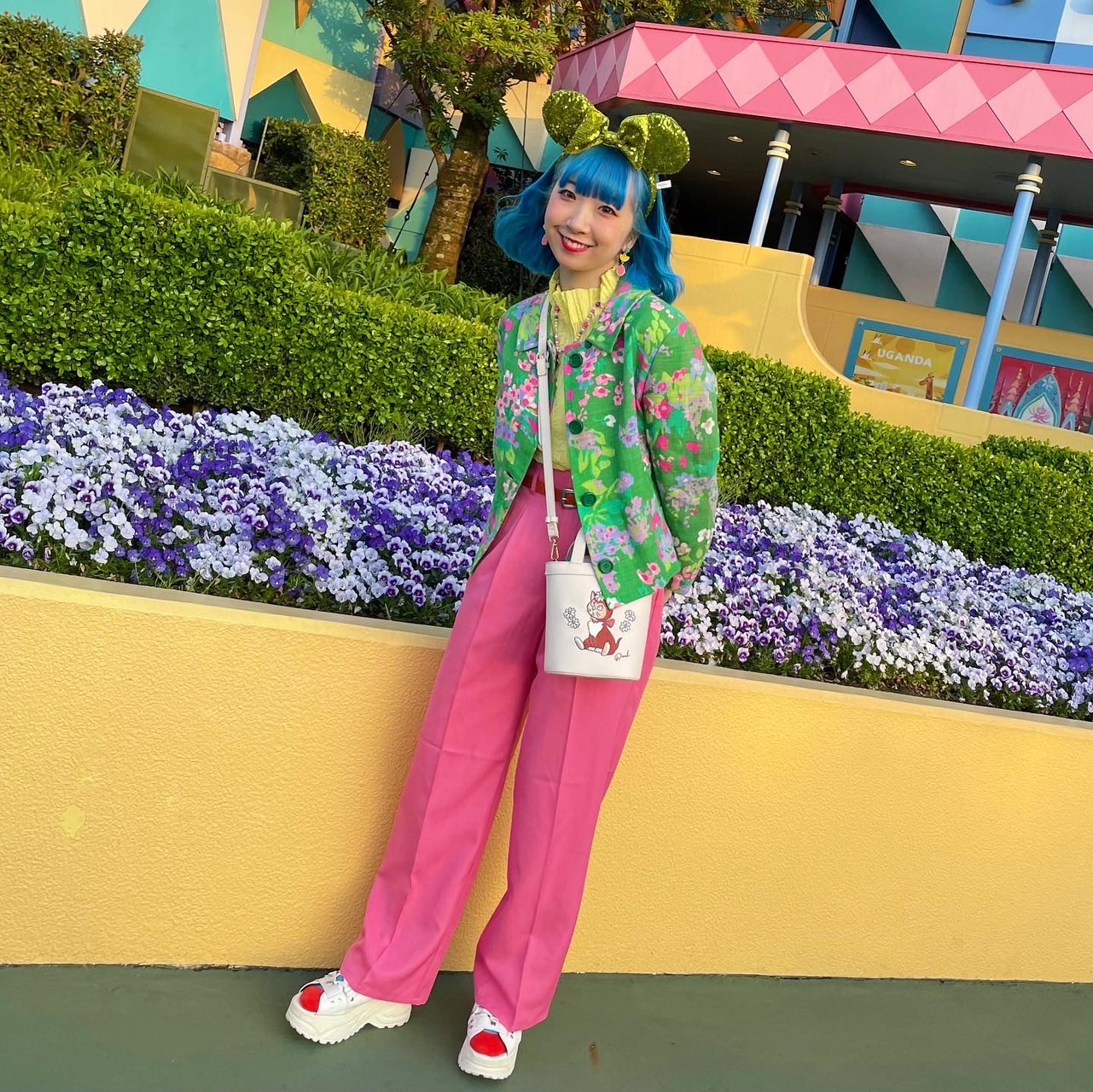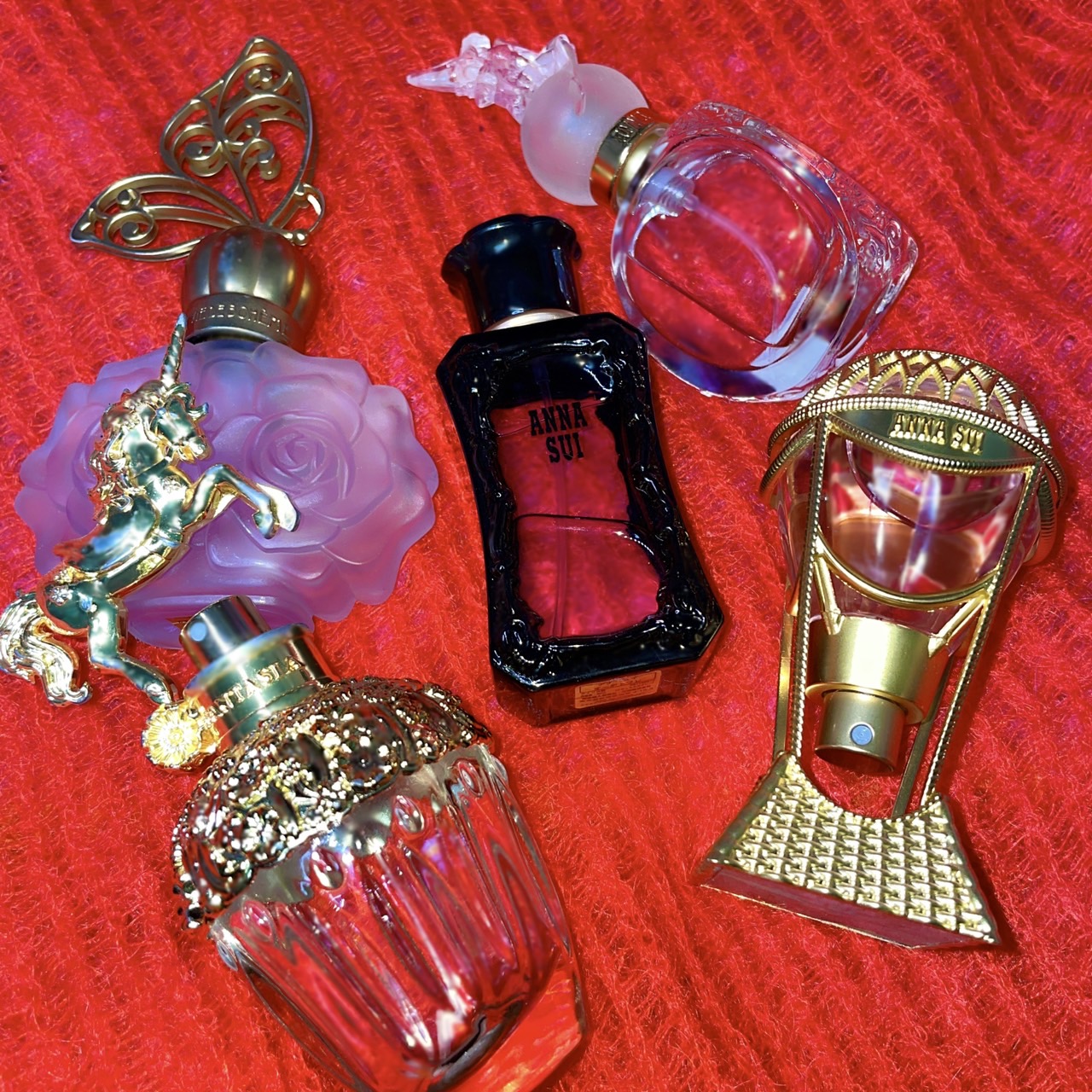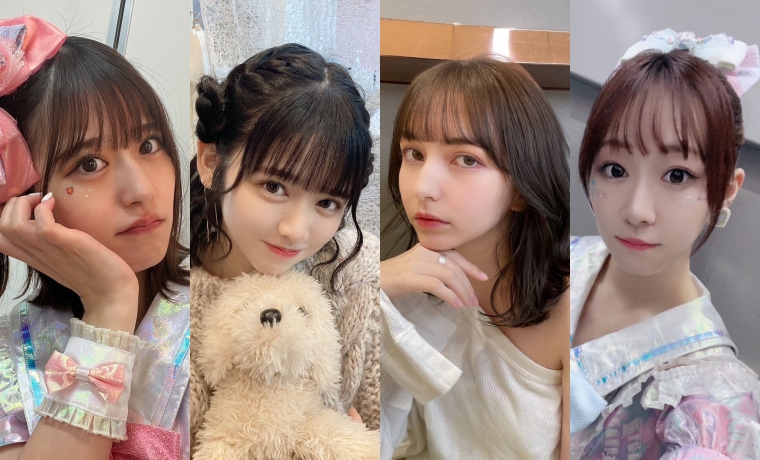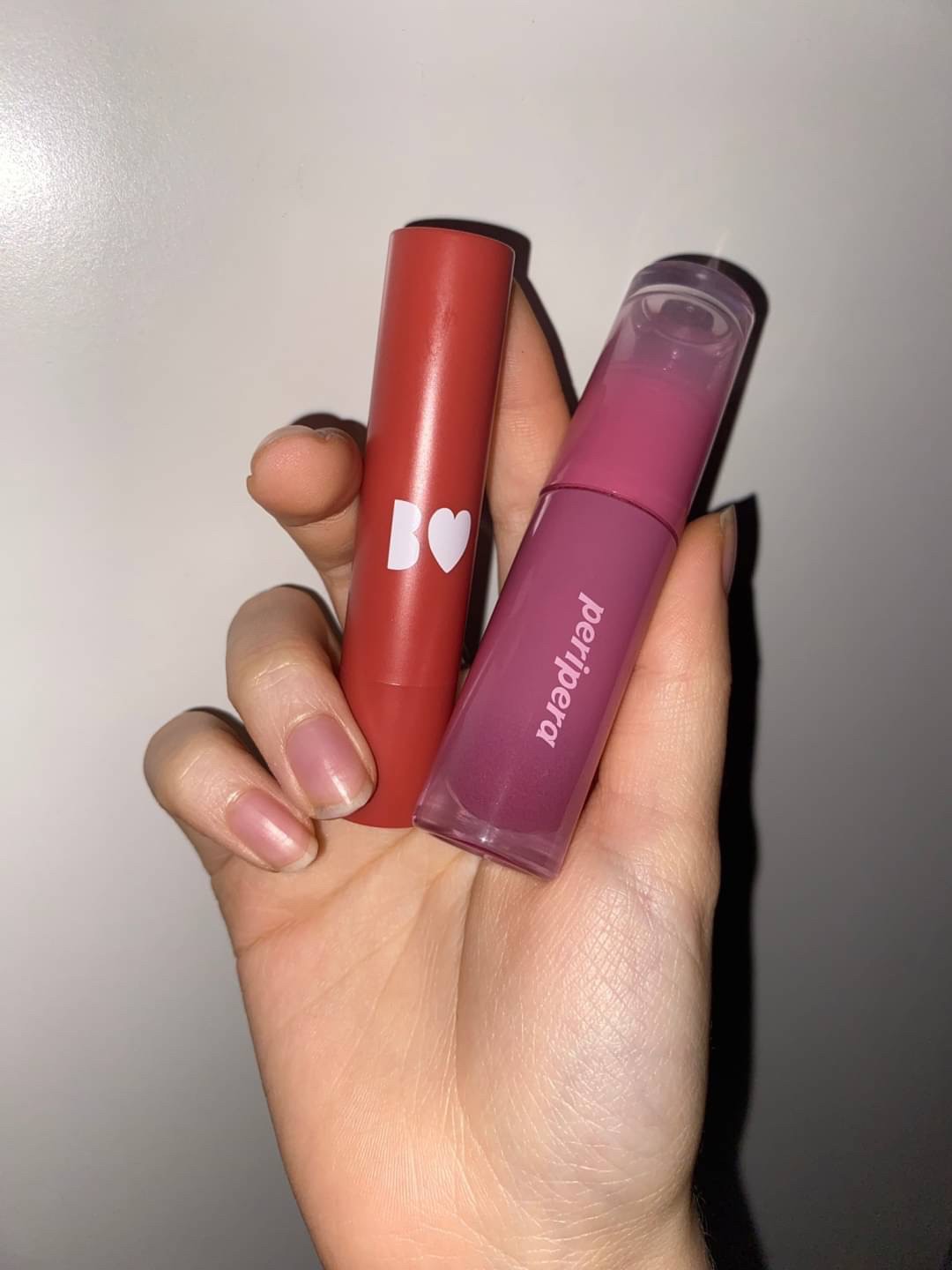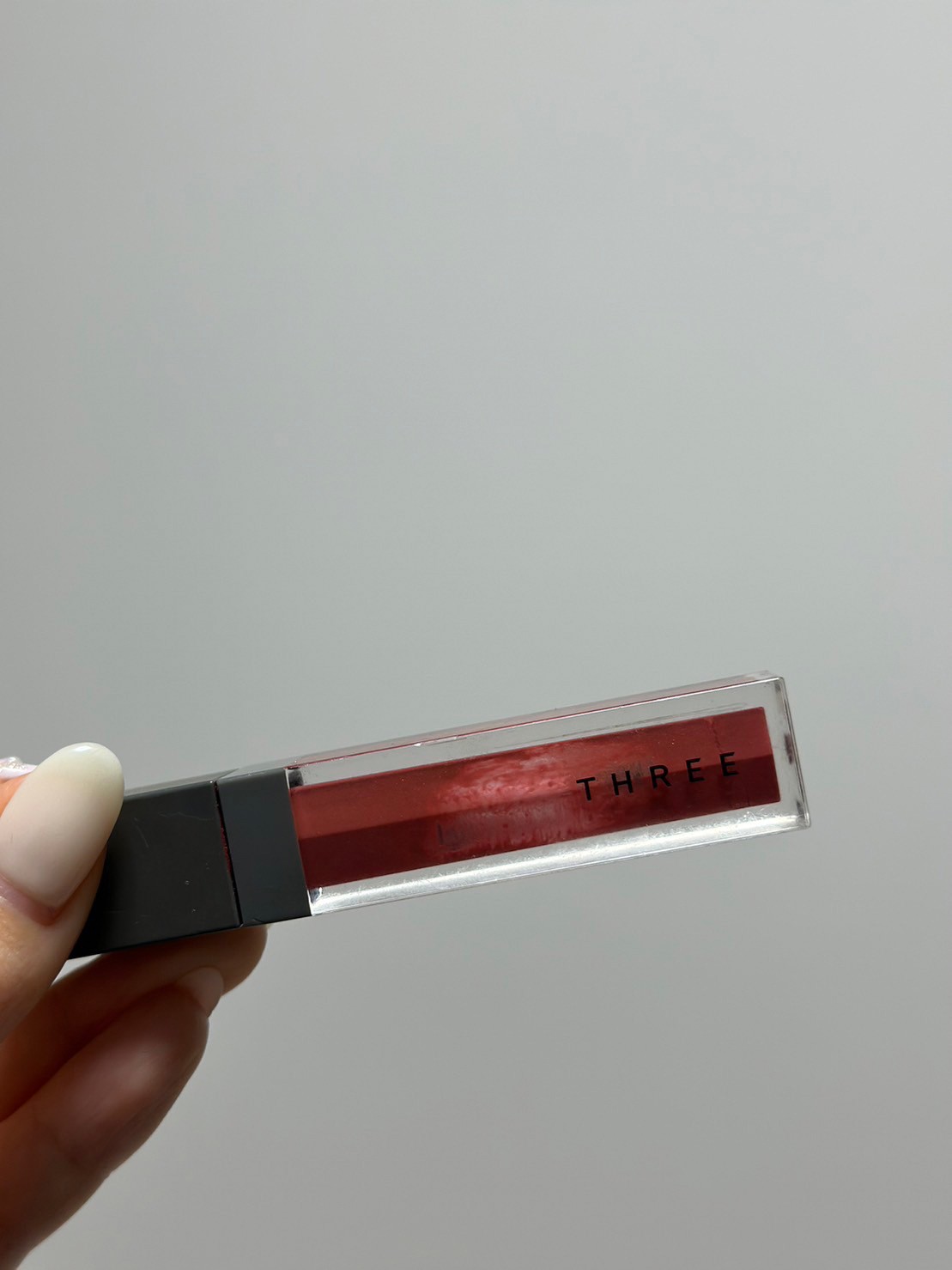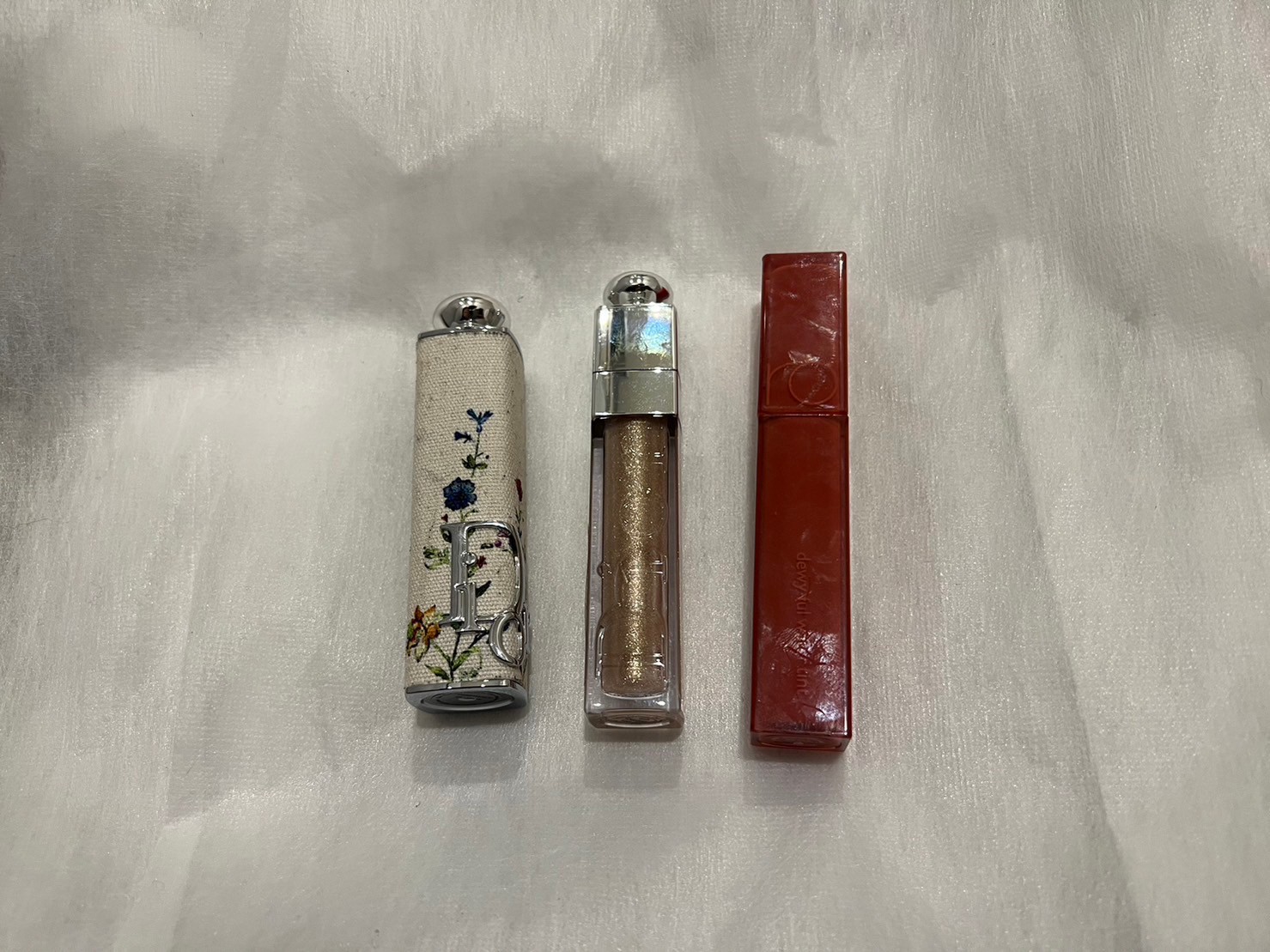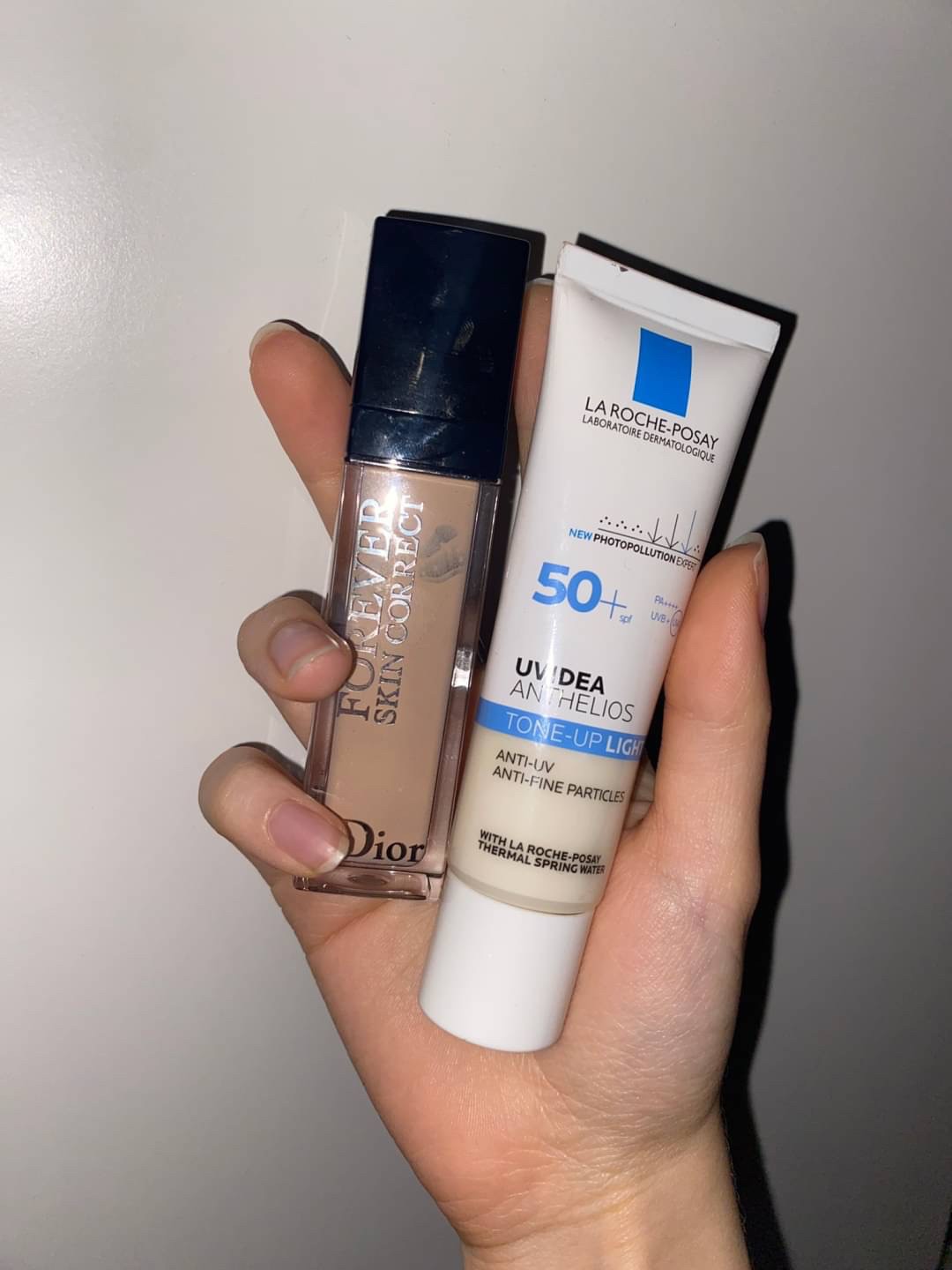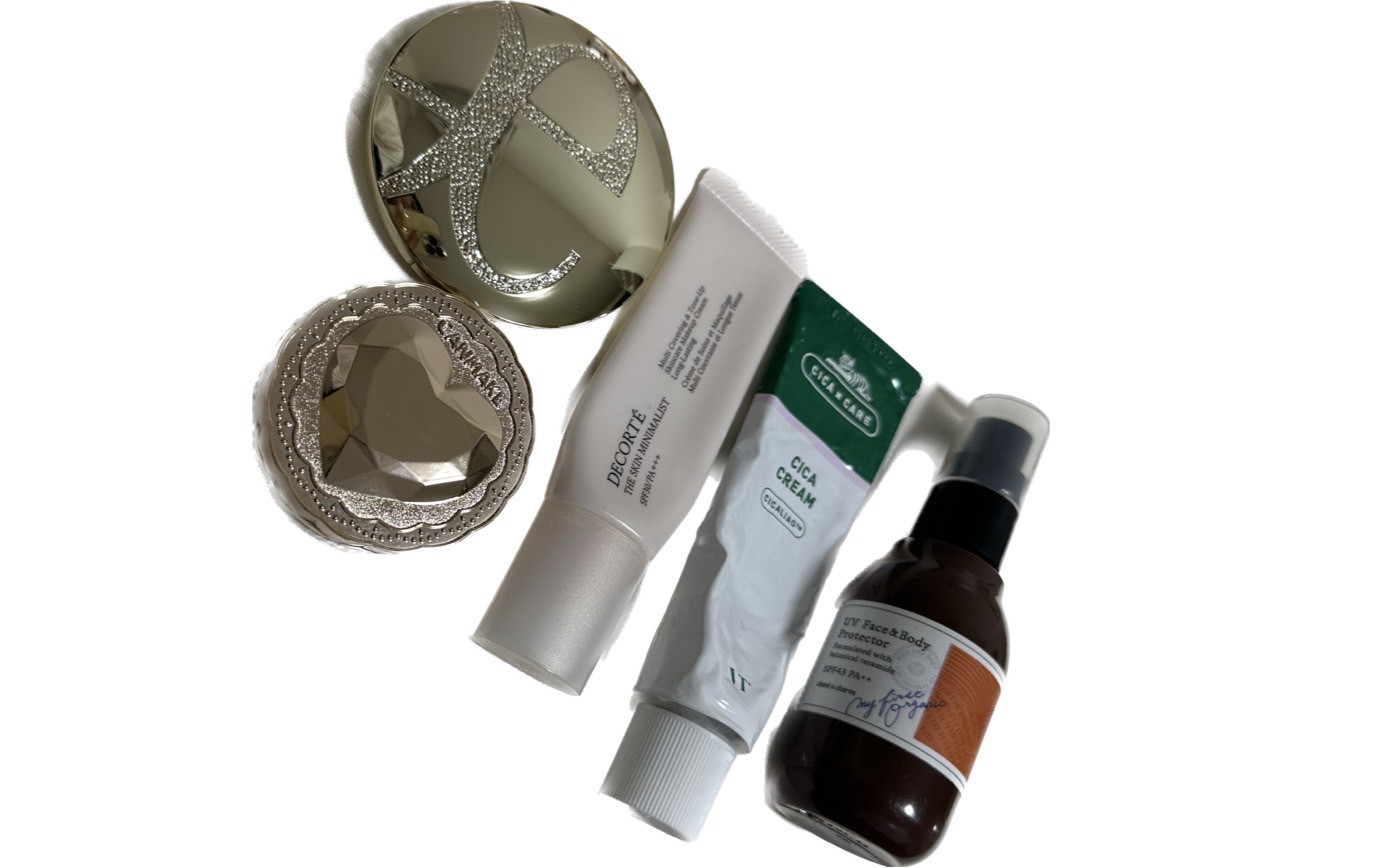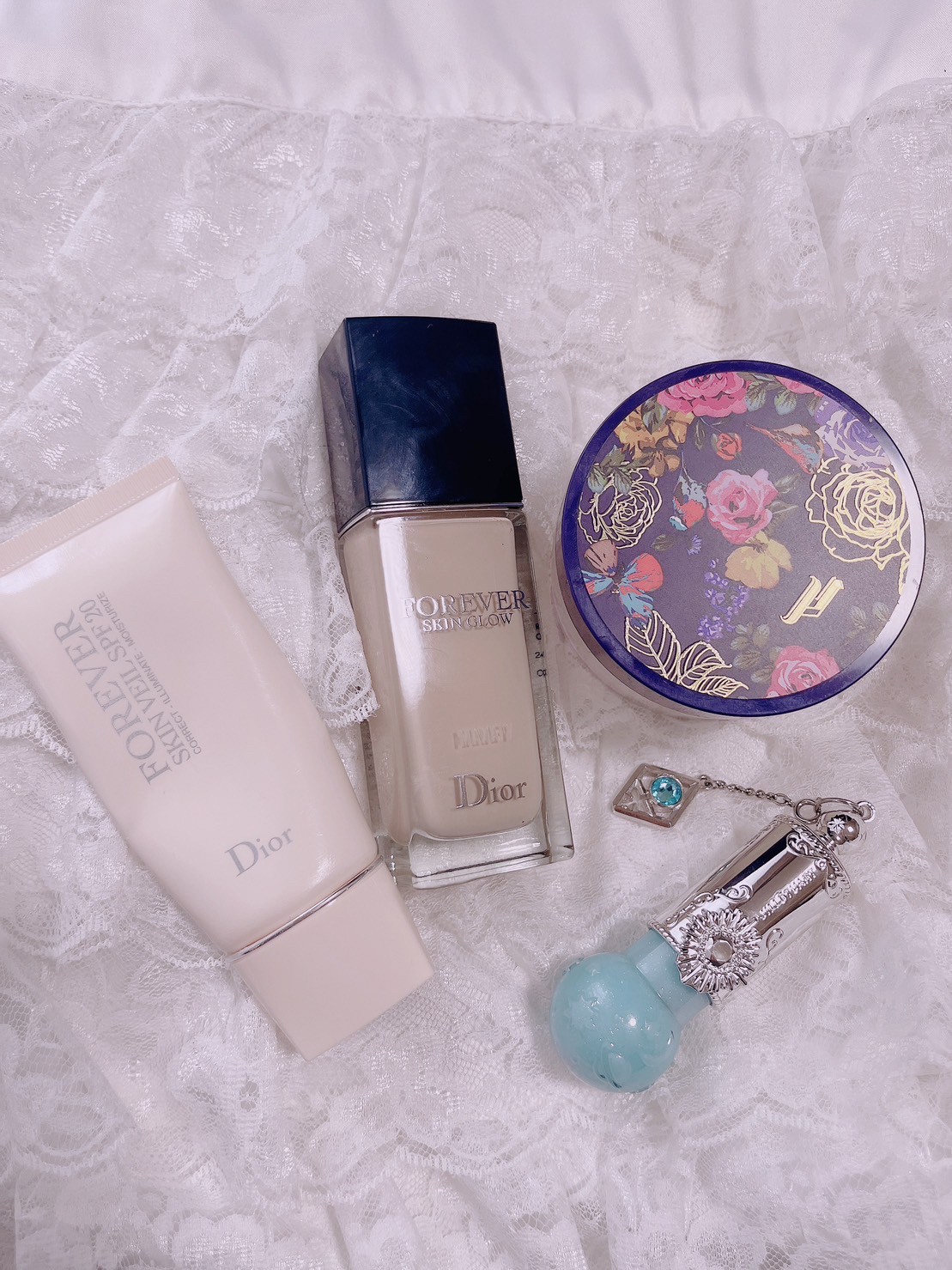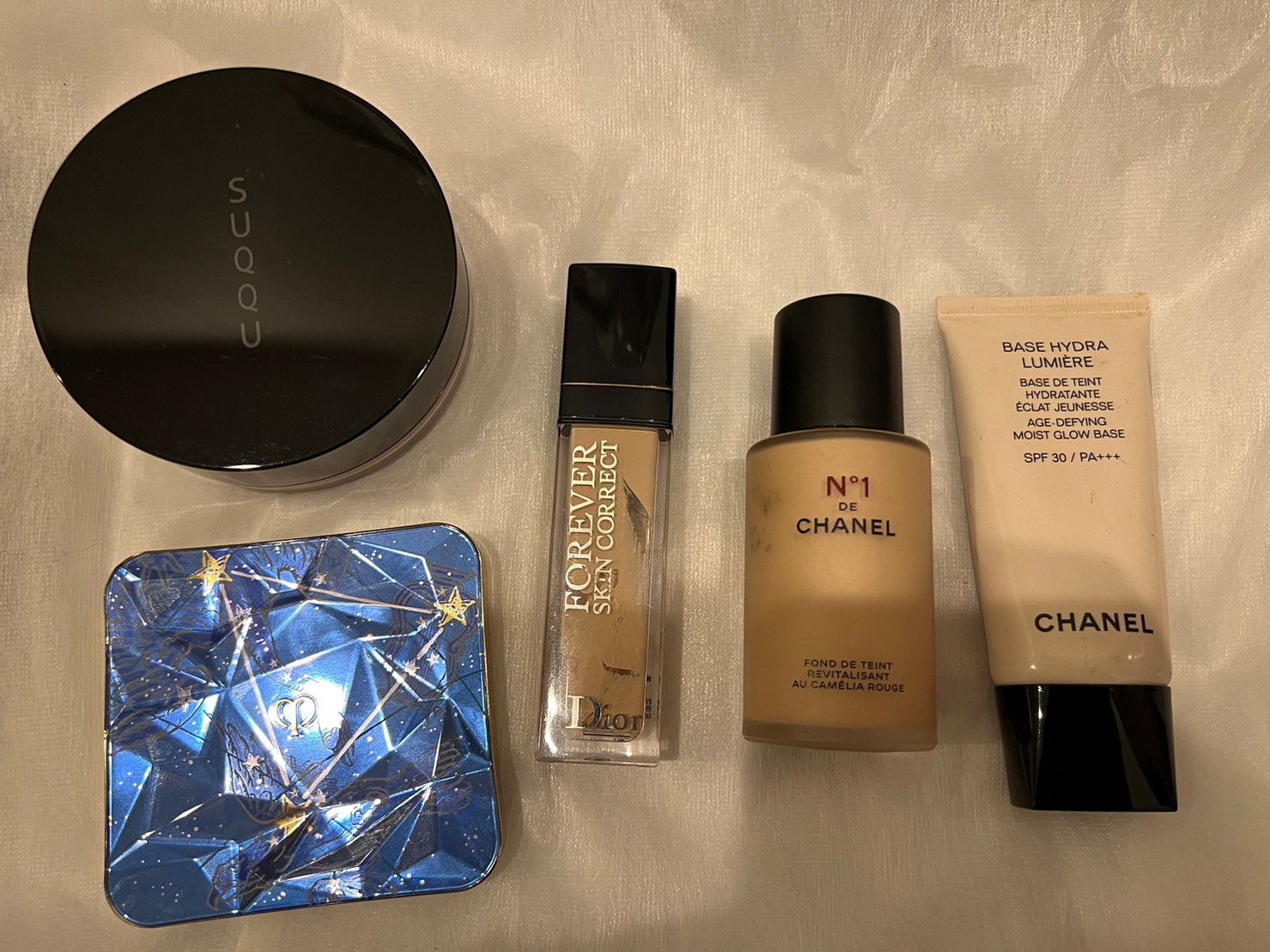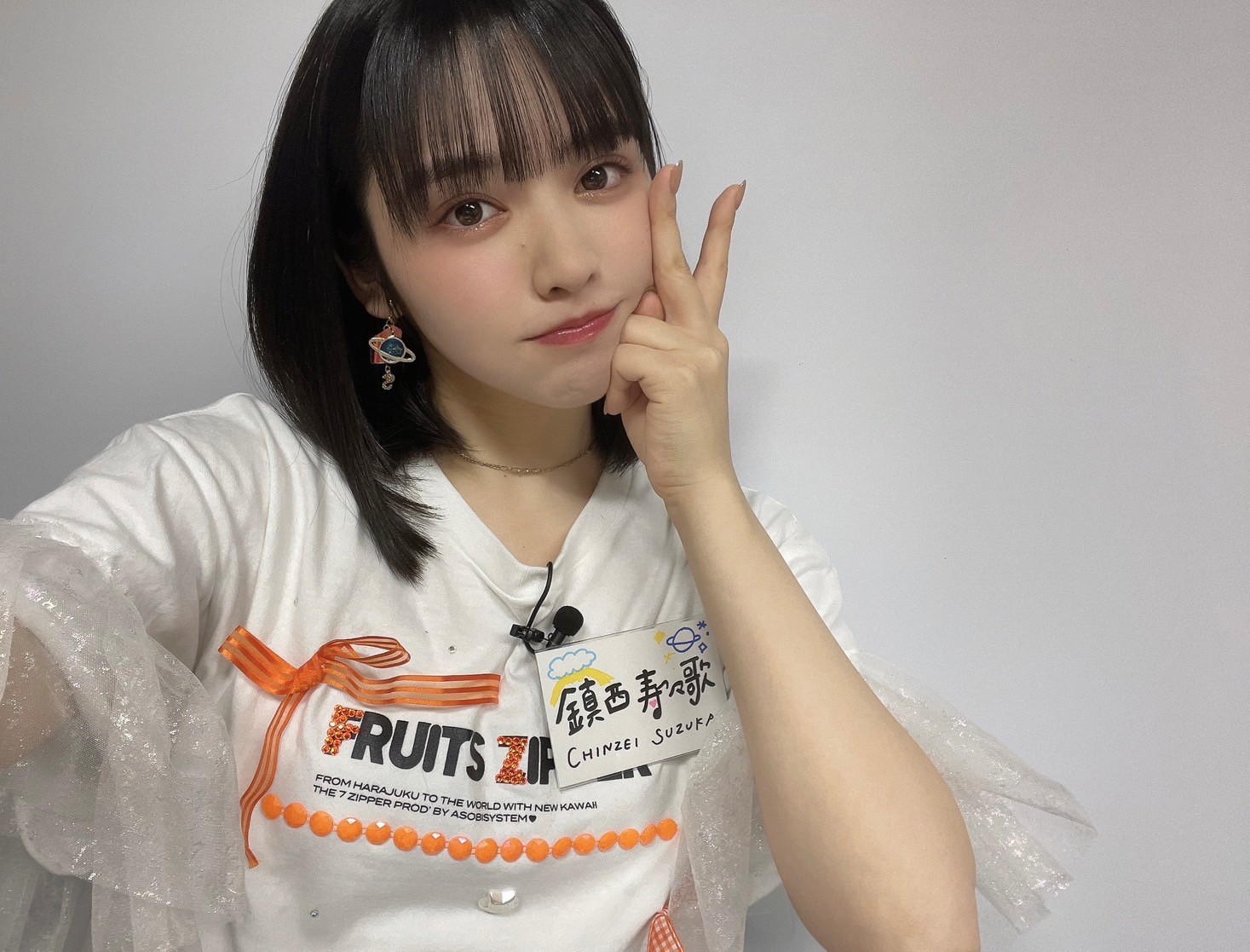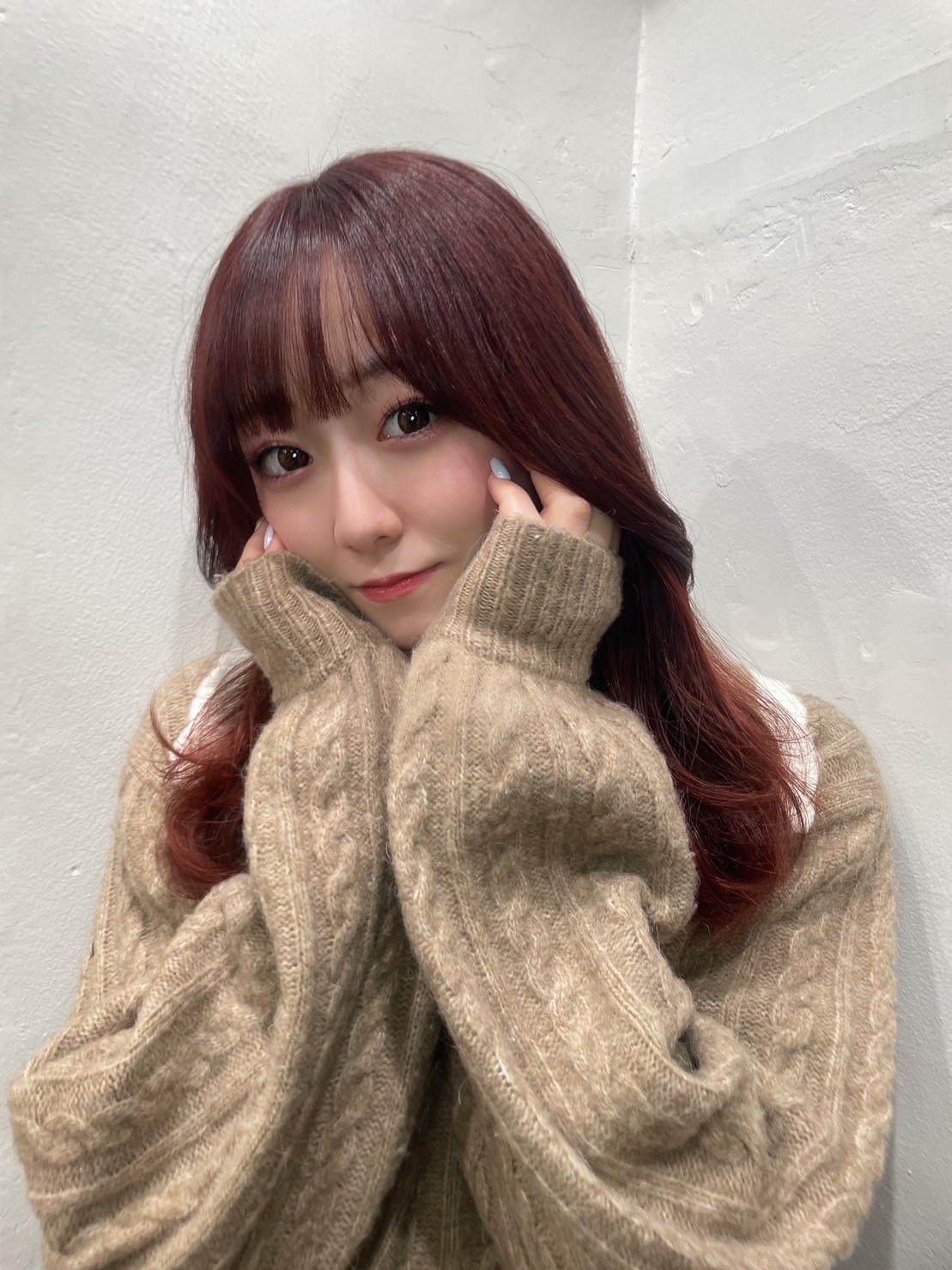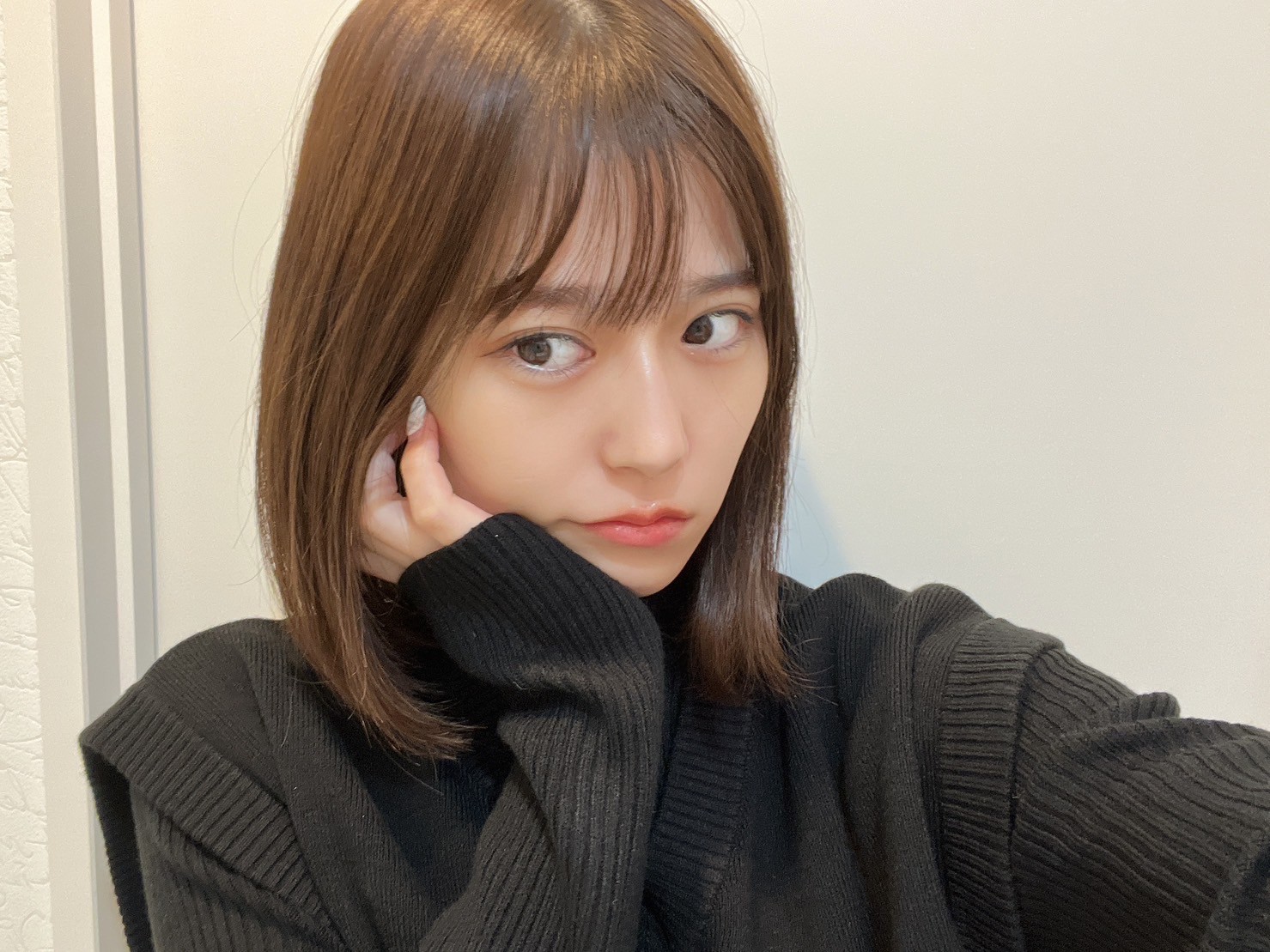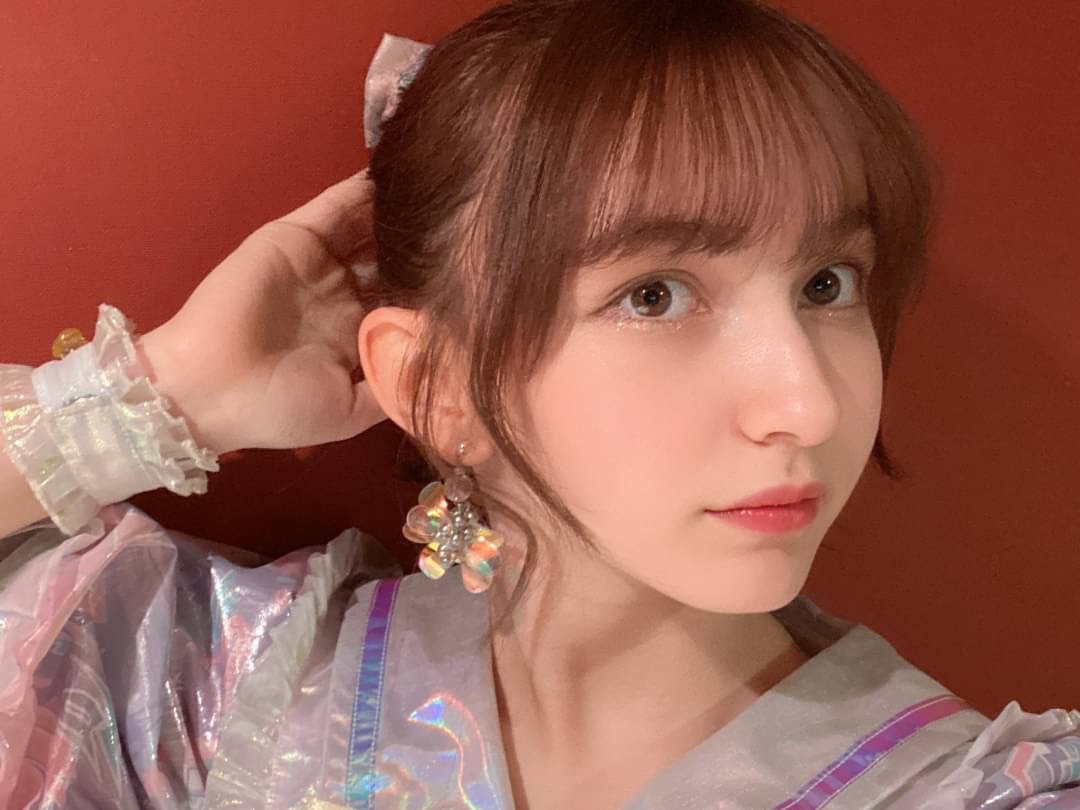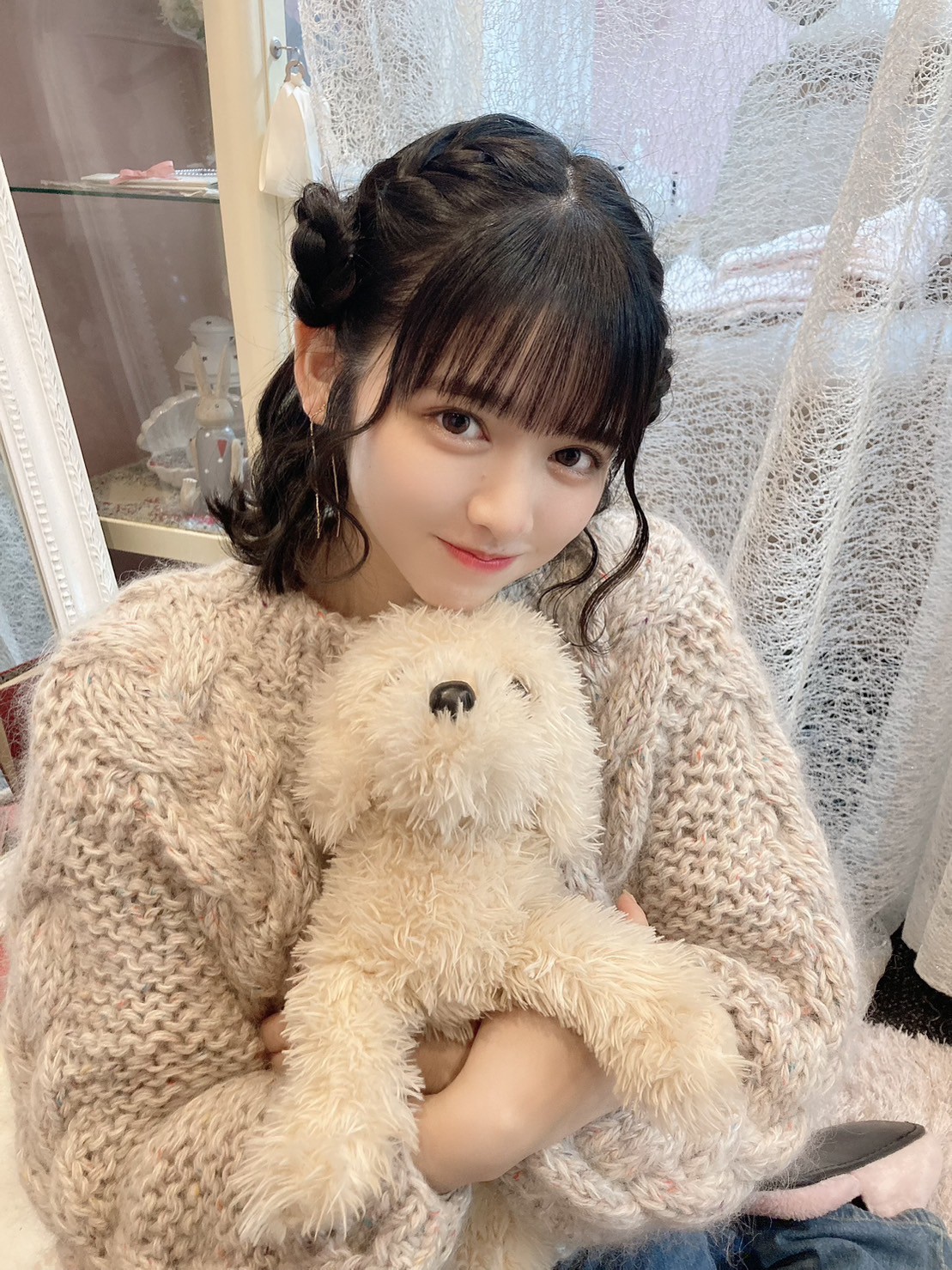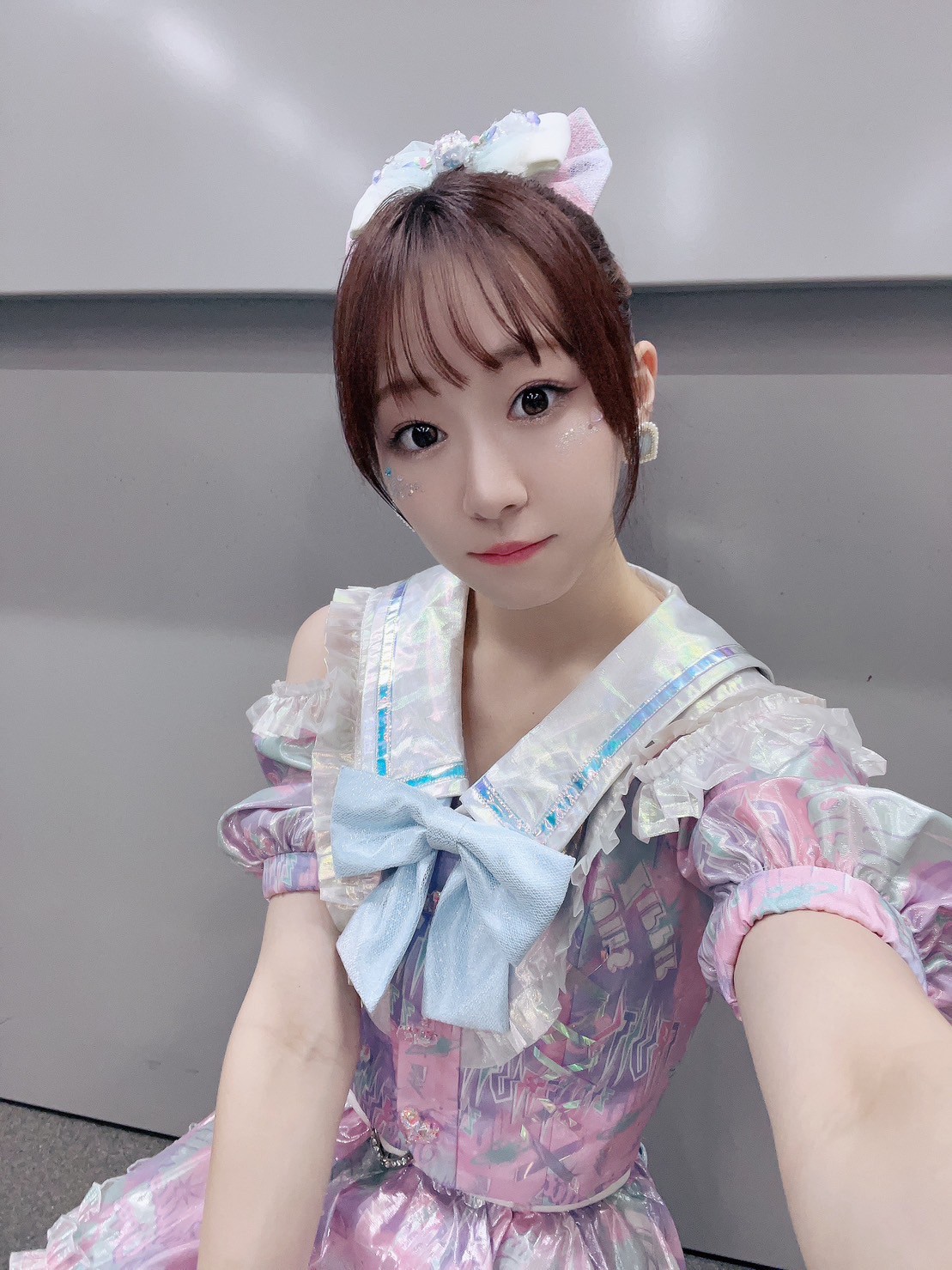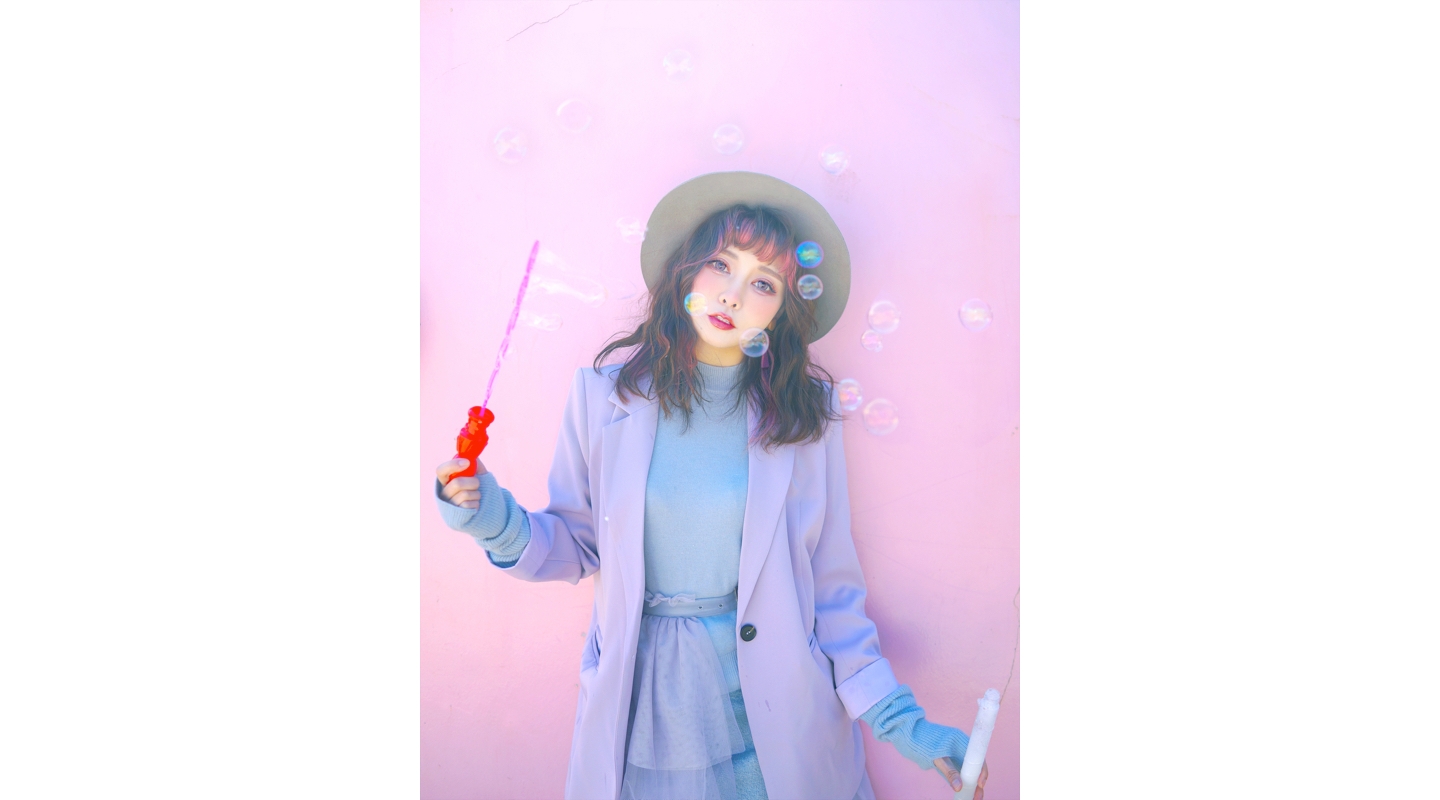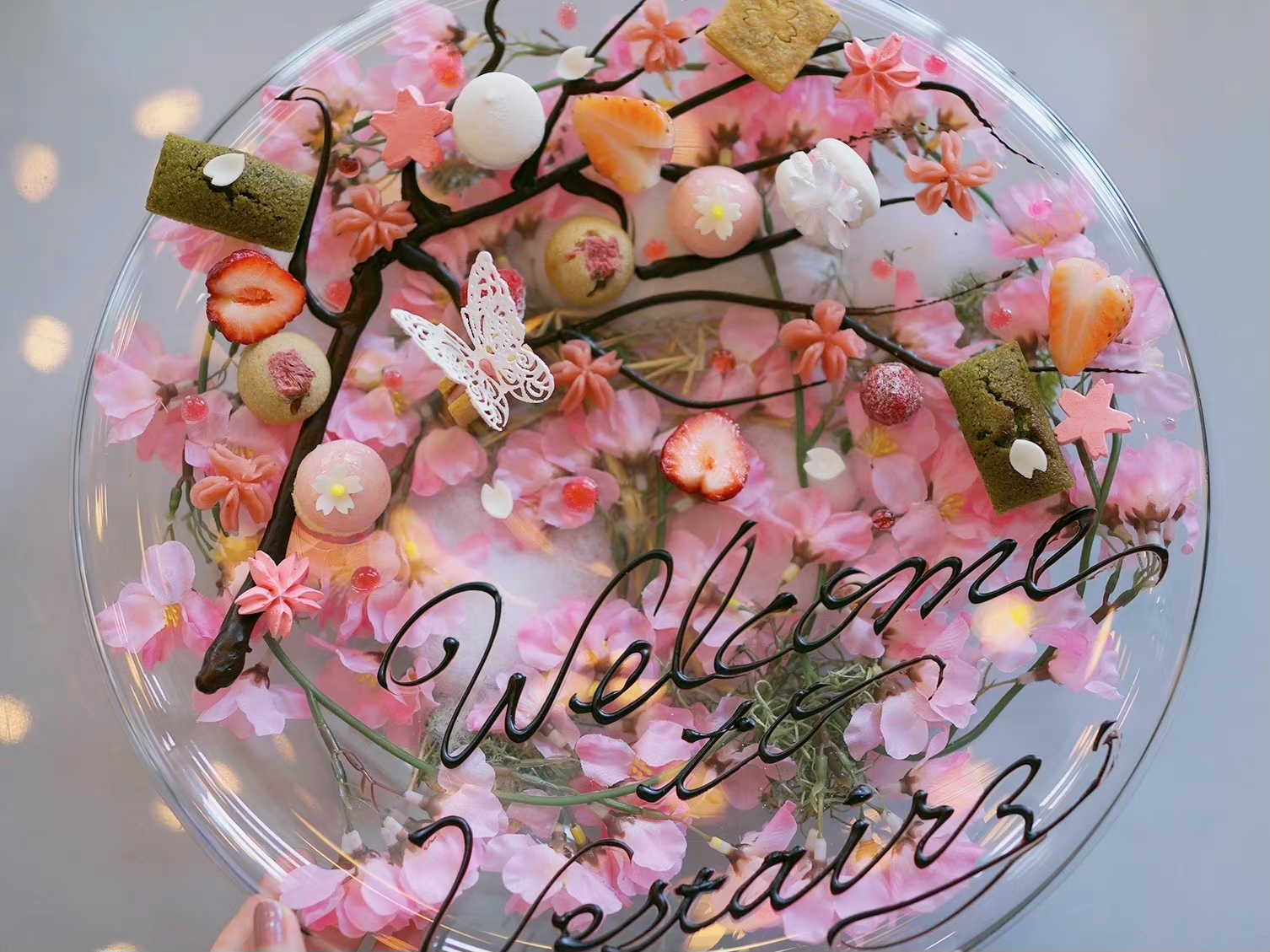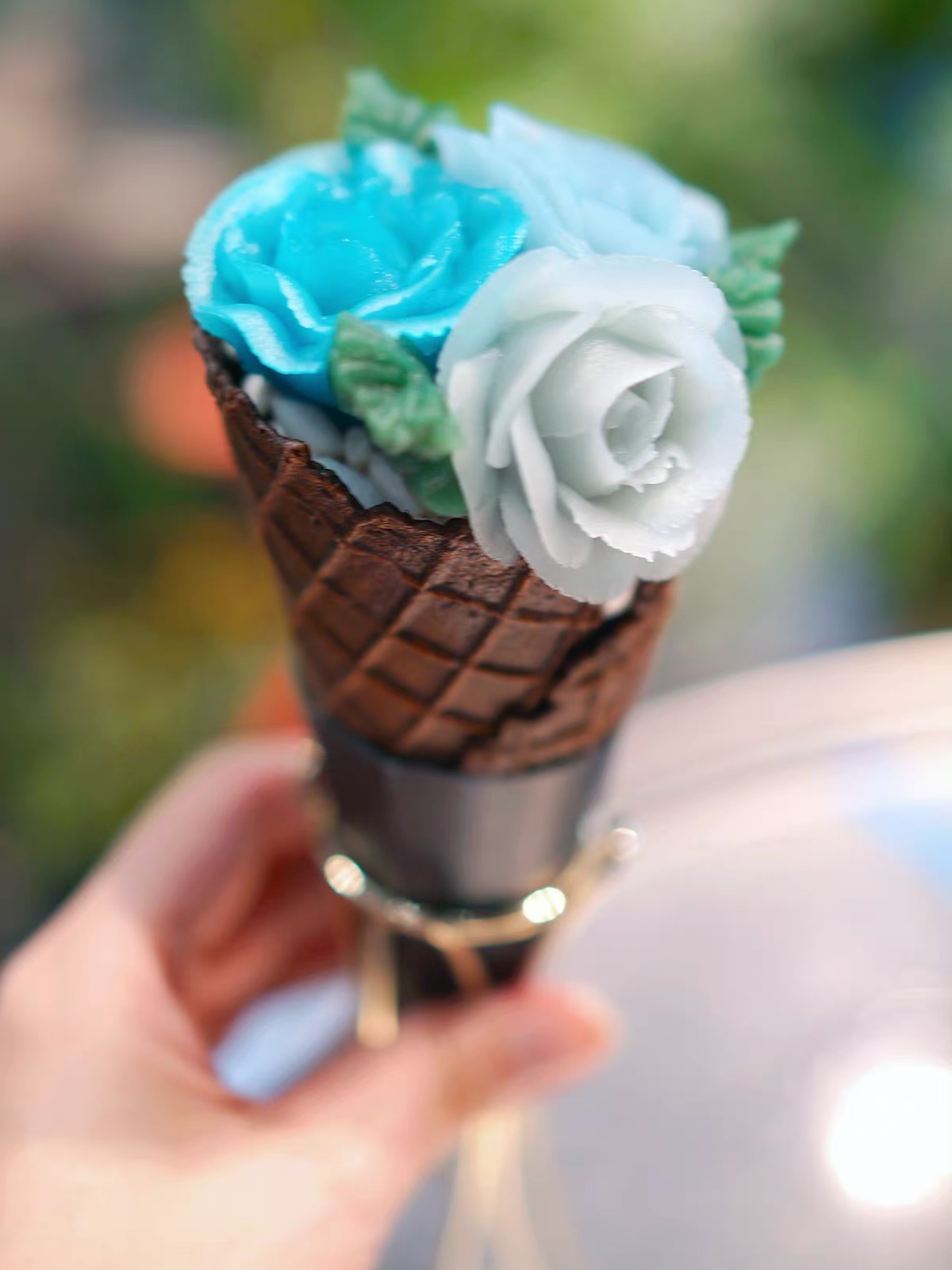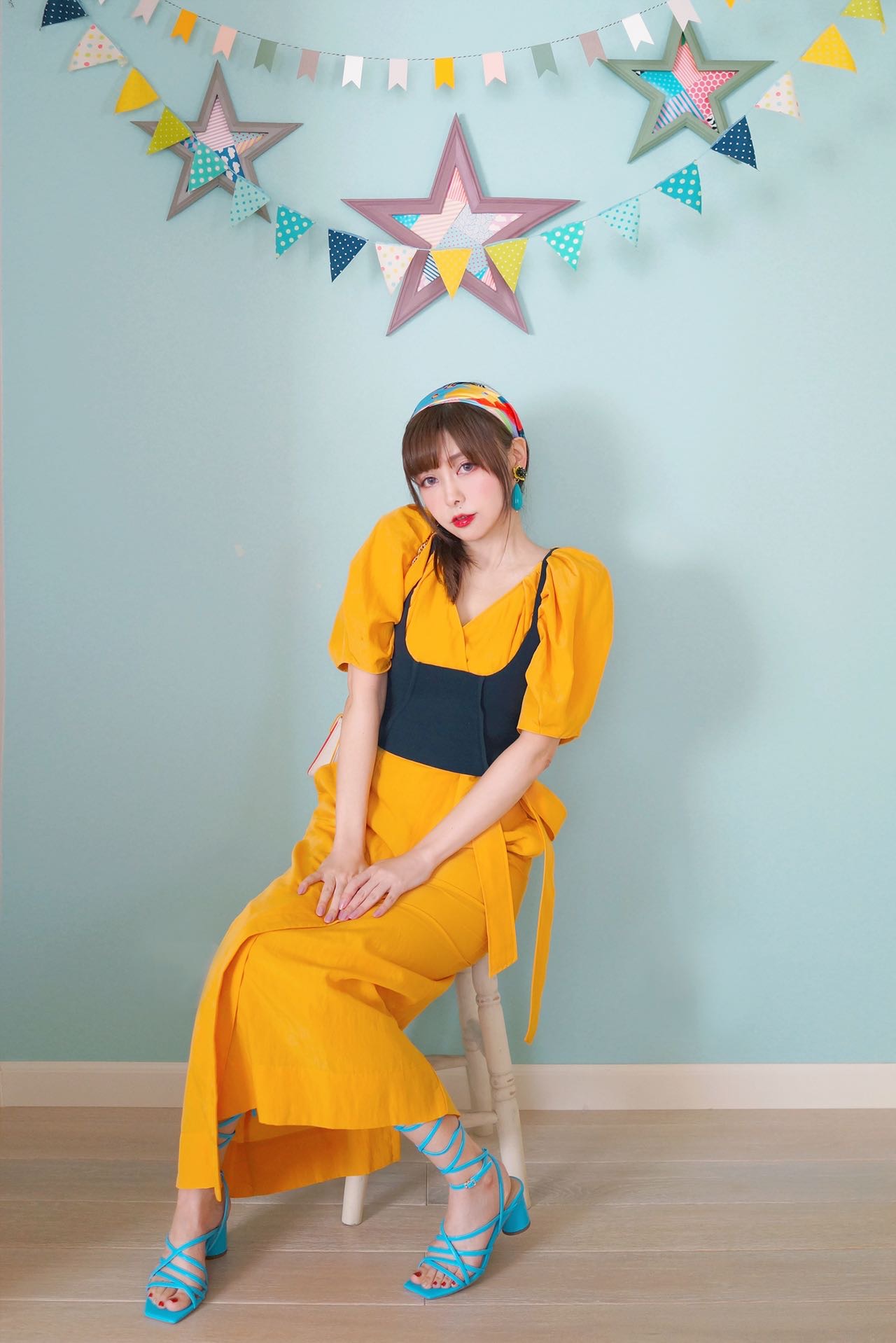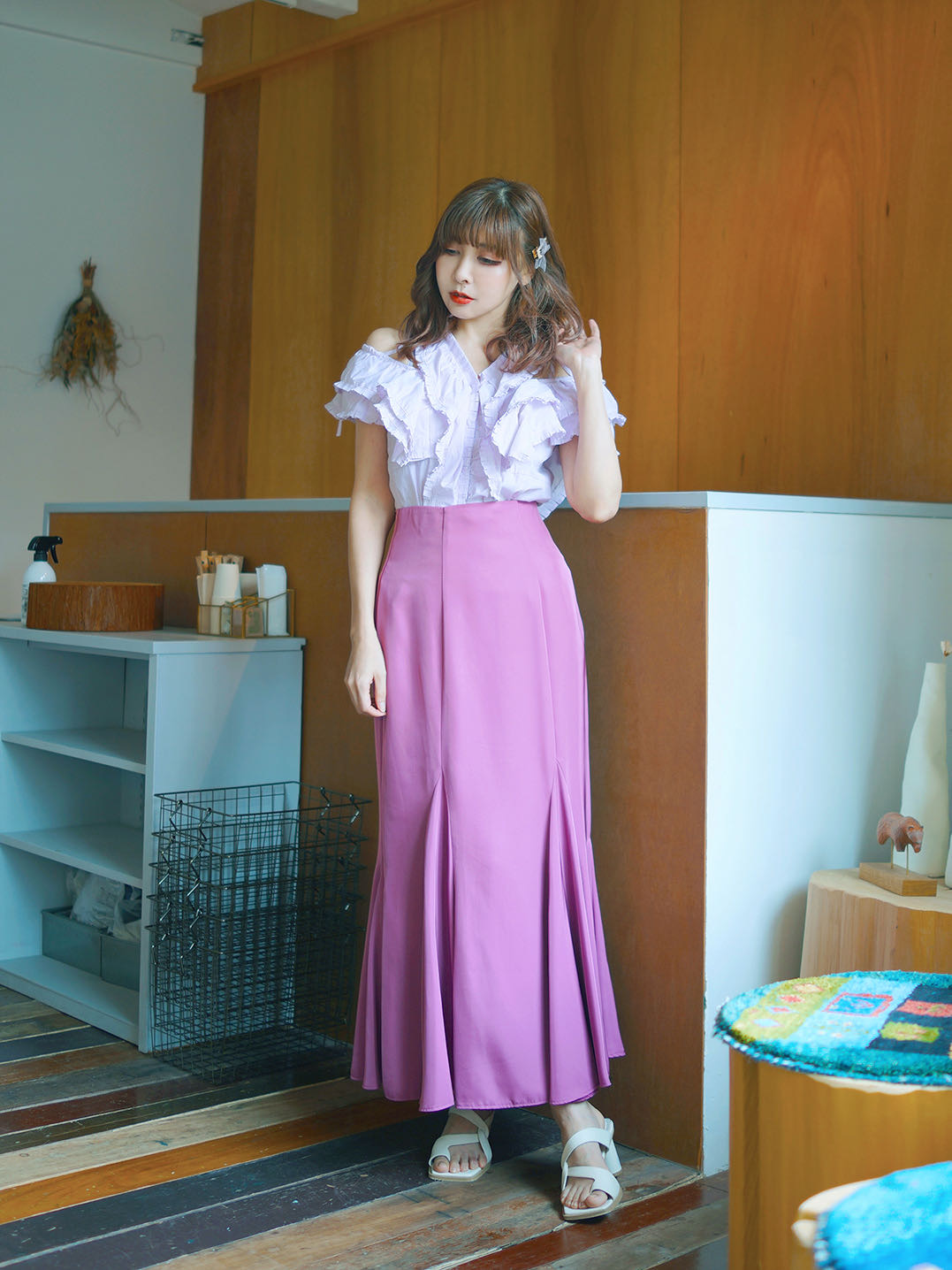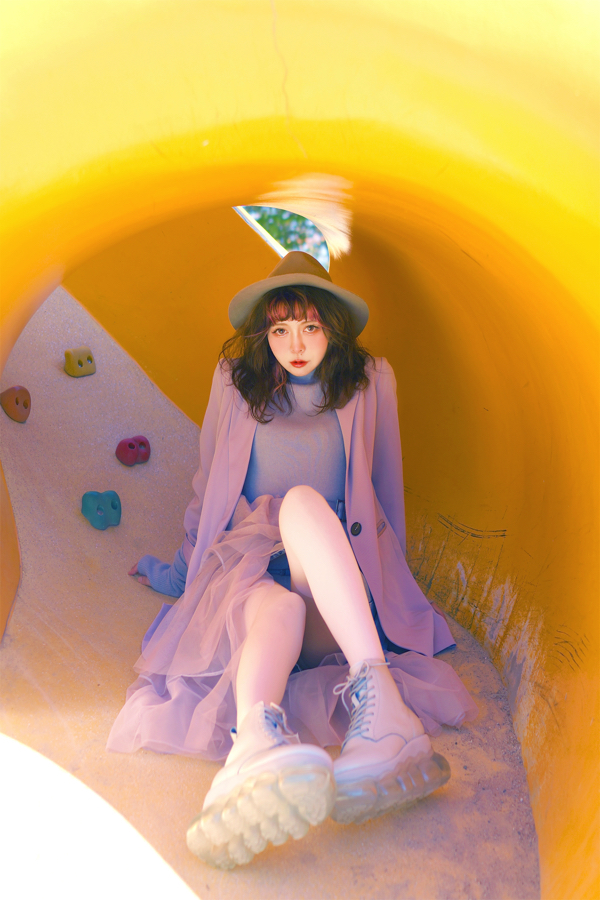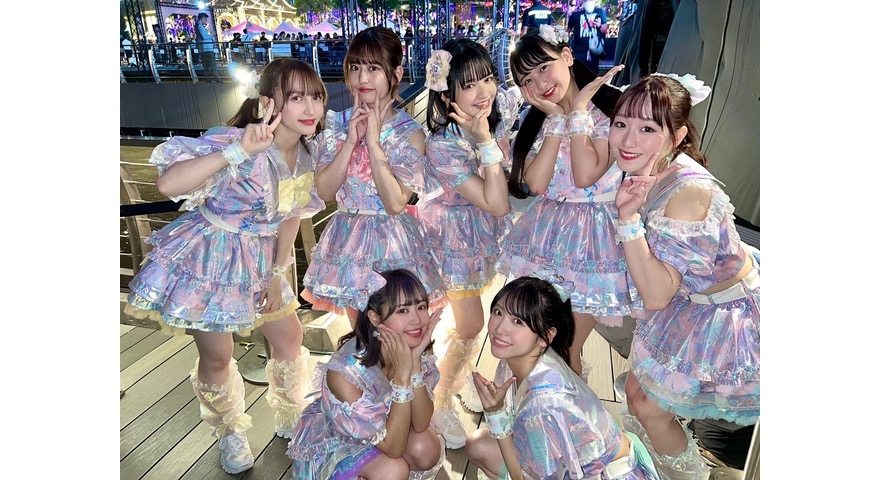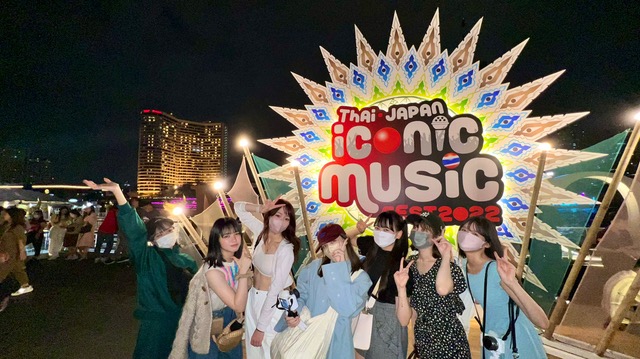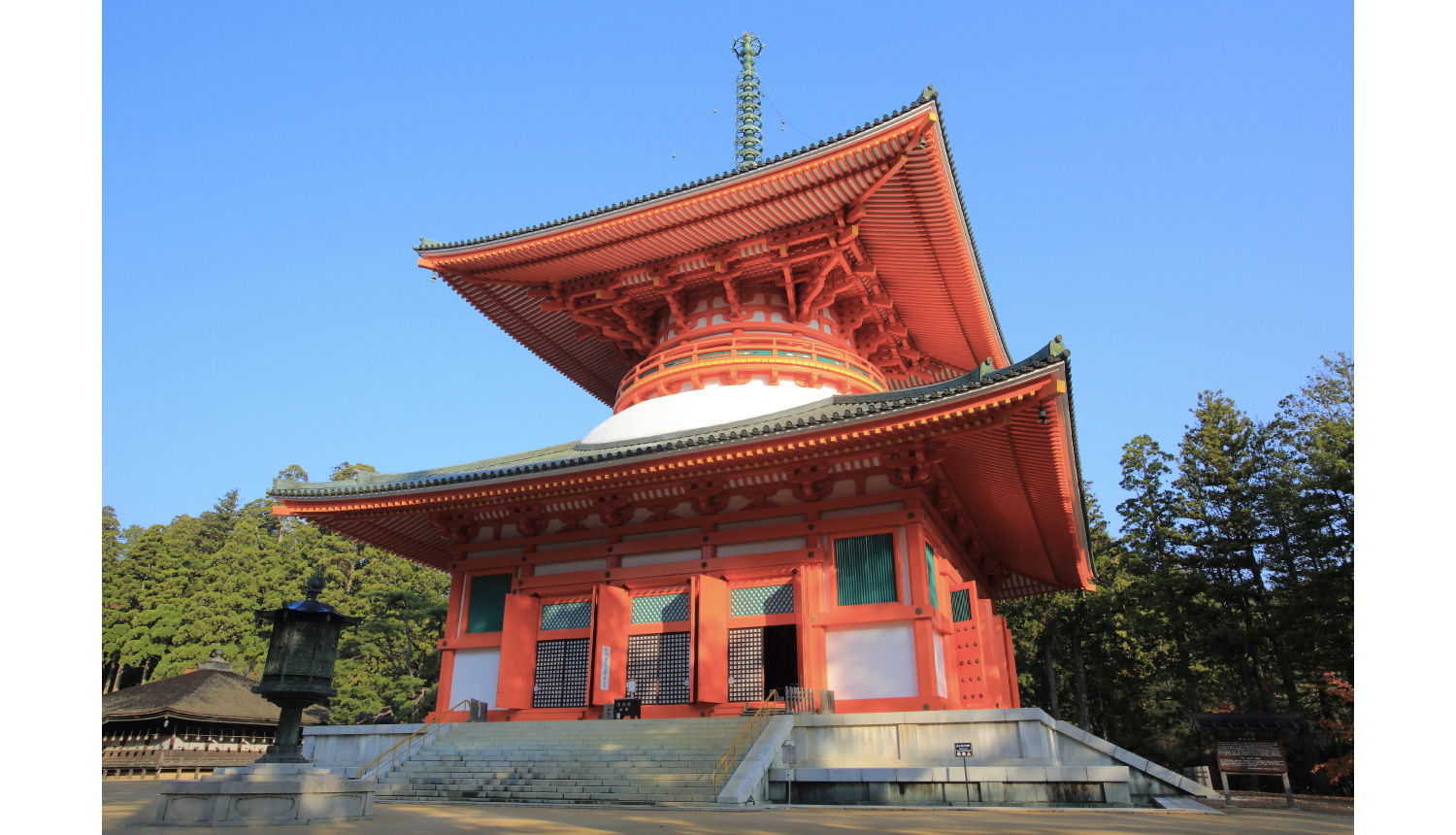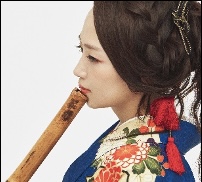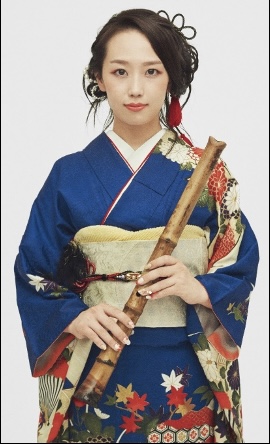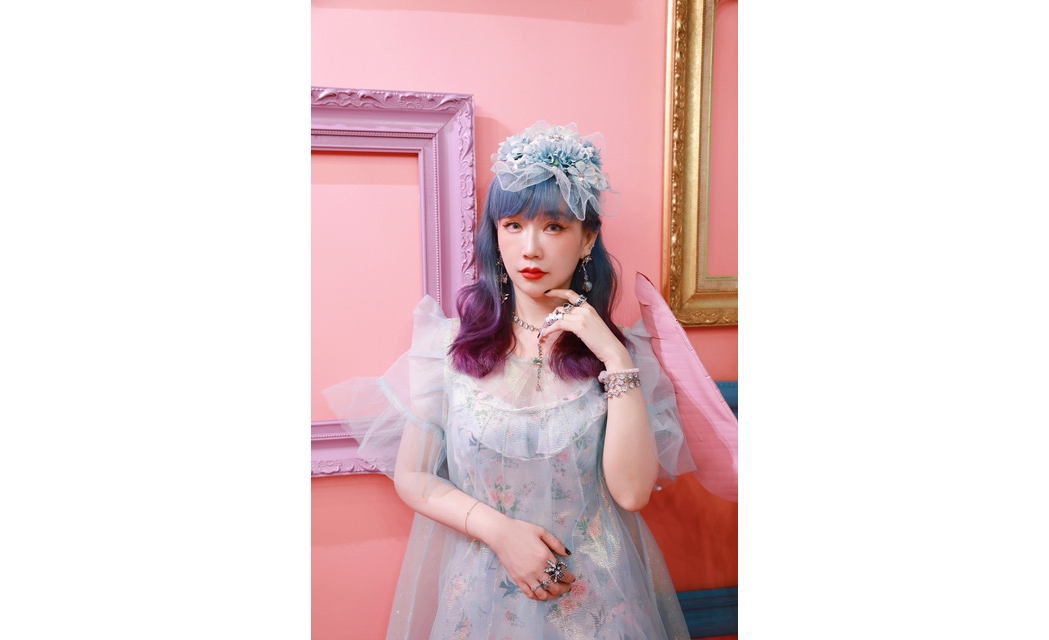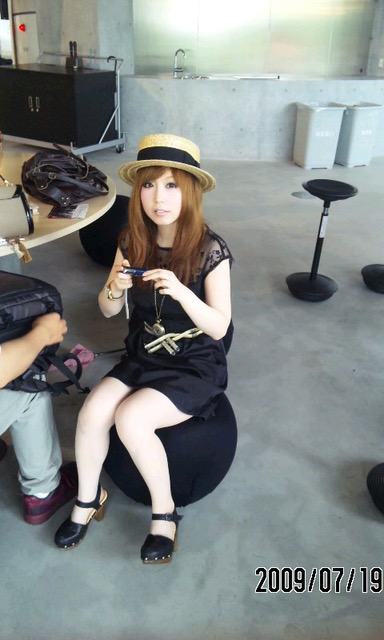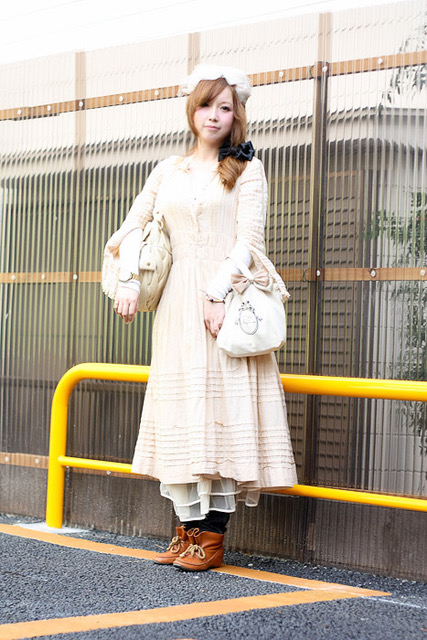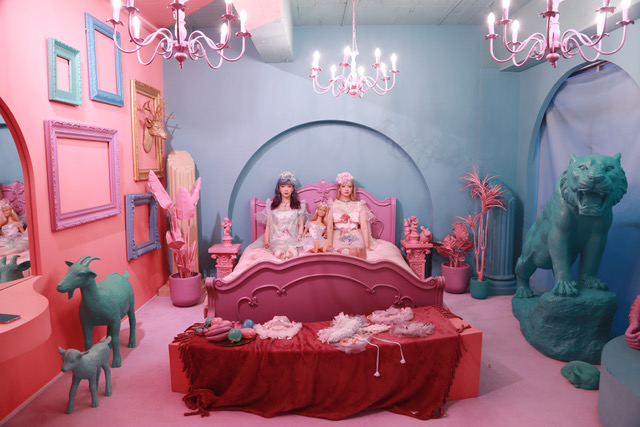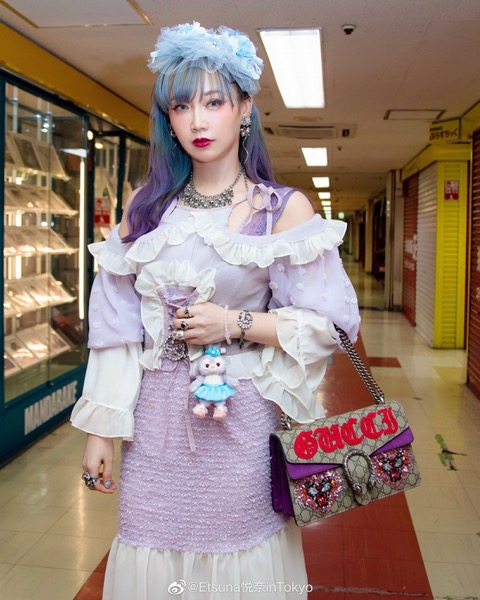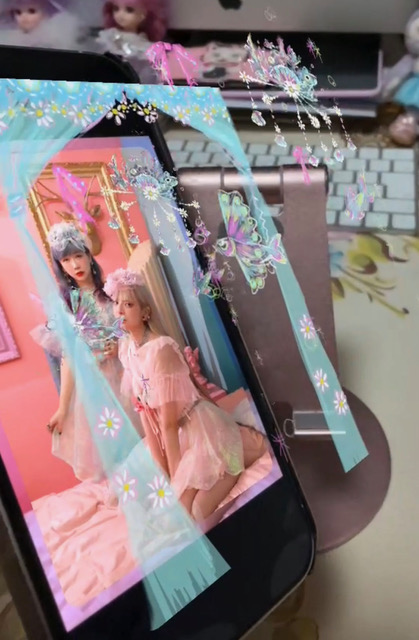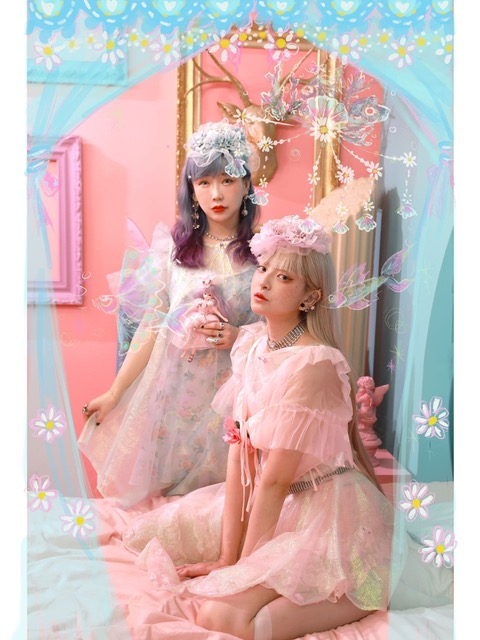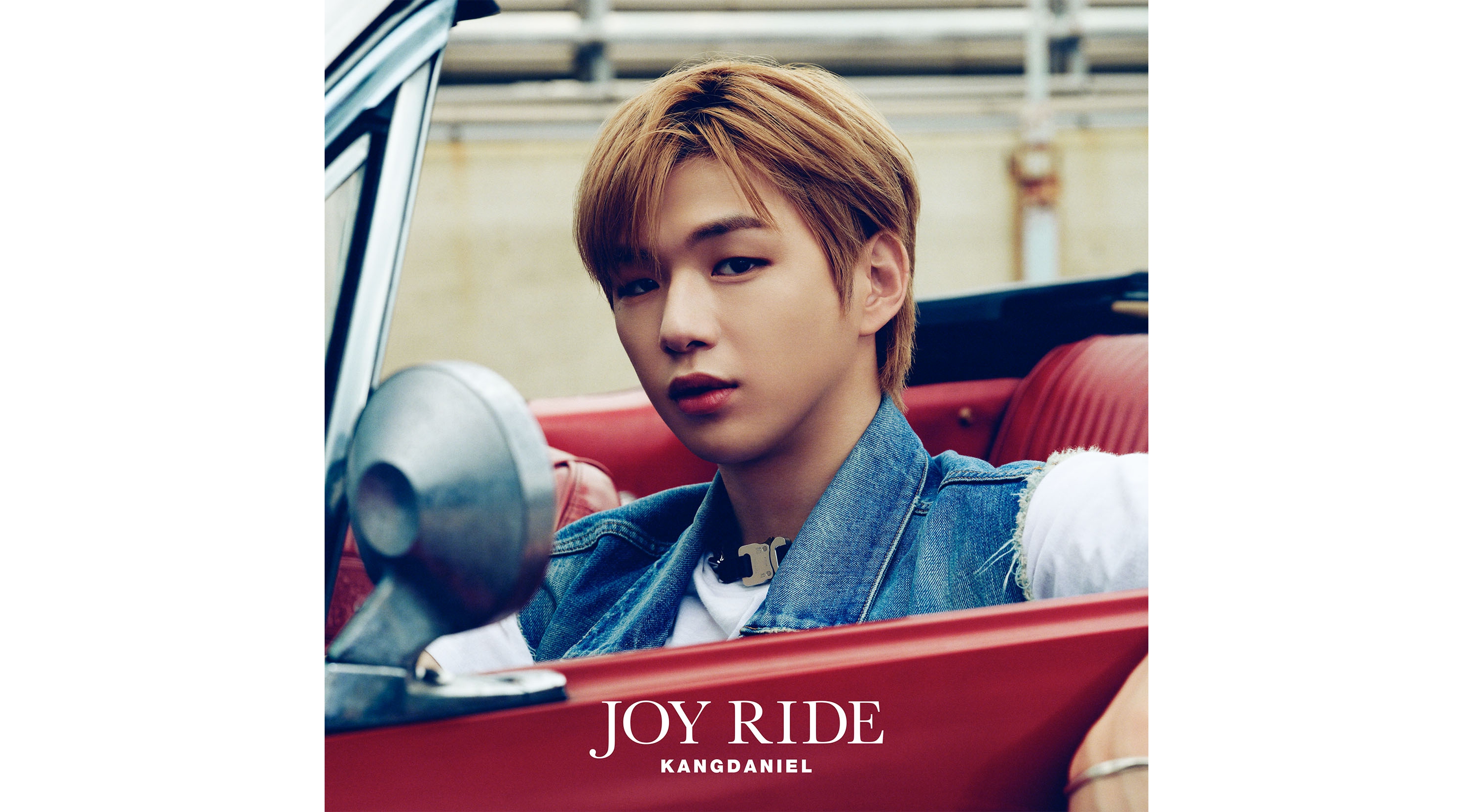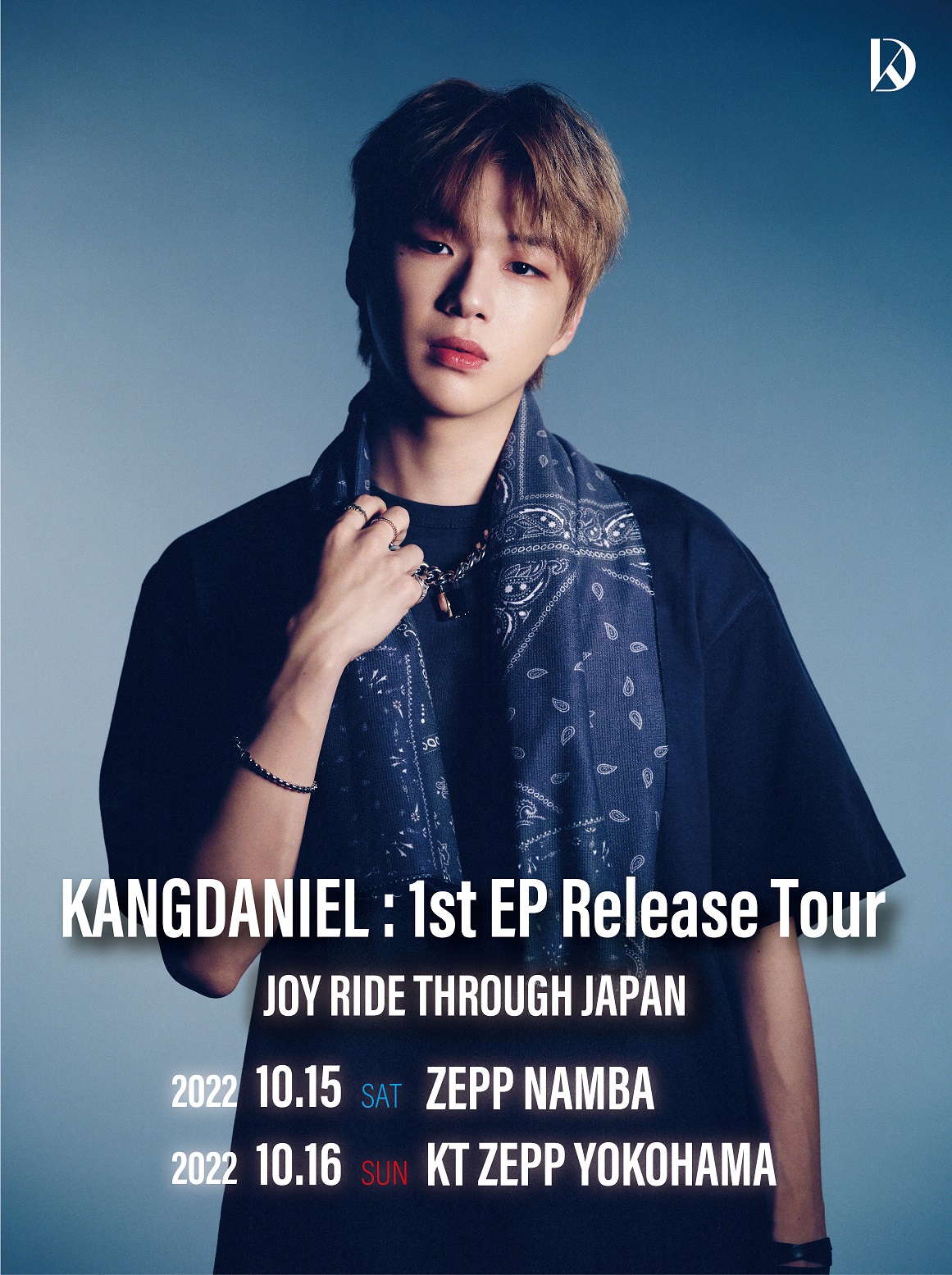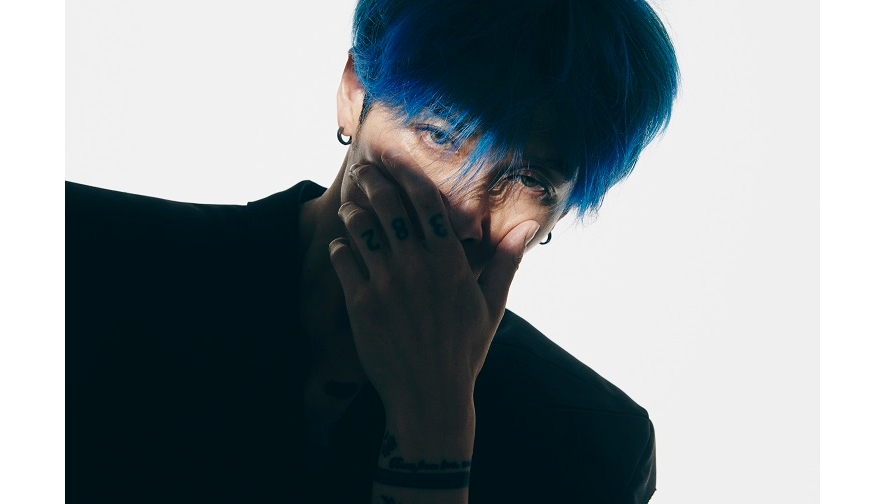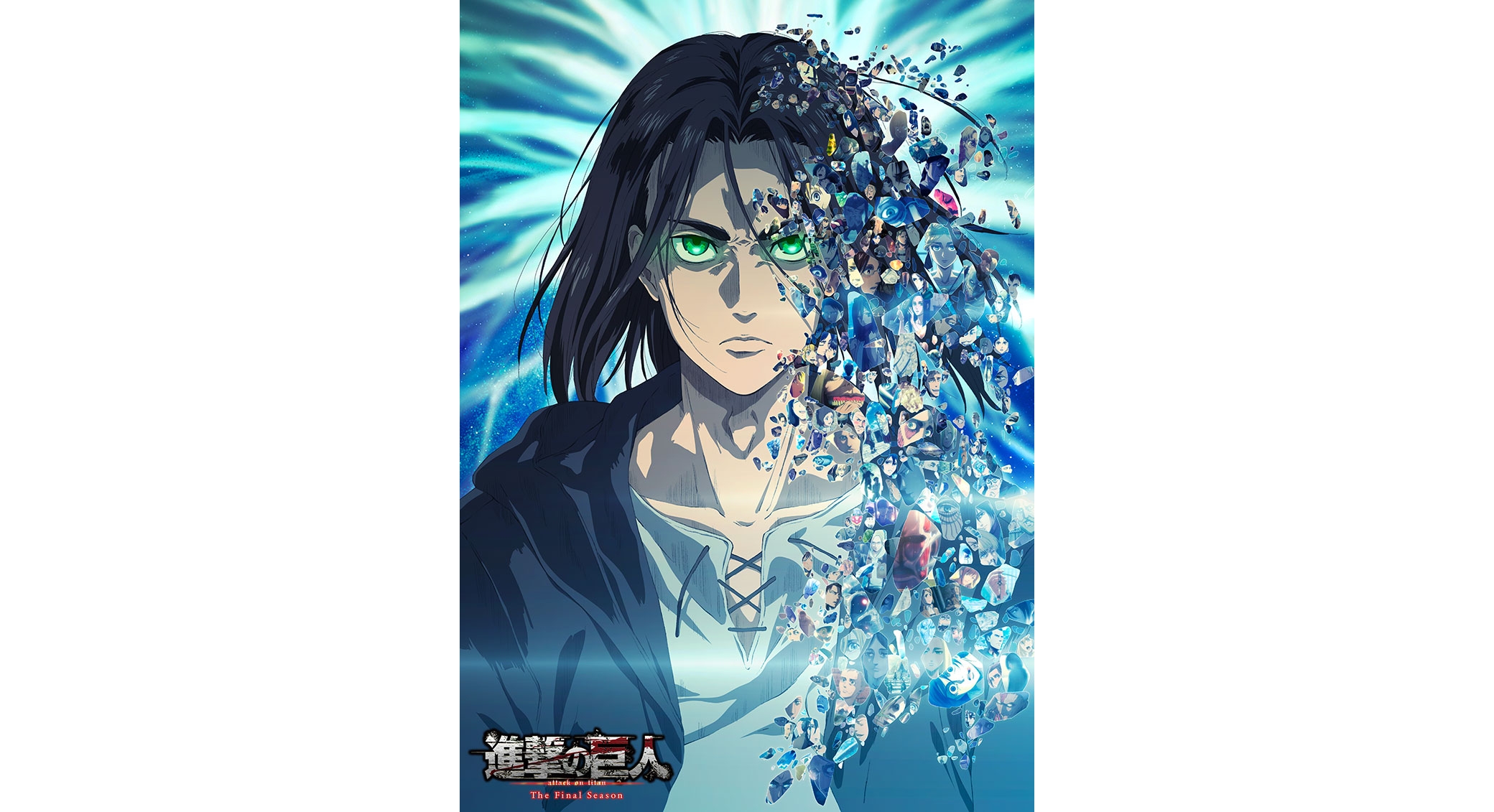MIYAVI has been called “Samurai Guitarist” for his slapping play style of Taylor acoustic guitar, and for his genderless appearance. Since 2010 he has been performing not only in Japan, but also globally from 2010.
In 2014, he also appeared for the first time in a Hollywood film, Unbroken, directed by Angelina Jolie. This time MIYAVI visited his home country a year and a half after he has moved to the United States, to introduce his brand new double A-side single to the audience in Japan prior to its global release. (The interview was carried out in mid-April.)
MIYAVI’s extraordinary guitar techniques along with his danceable tunes as well as his character all contribute to his global tour, yet he does not find it graceful to emphasize the Japanese culture or his Japanese identity. The guitarist, MIYAVI, aims to transcend cultural boundaries as an original presence,In the title, The Others, he has collaborated with the grammy winner producers, Drew & Shannon, who worked with John Legend in the past. From his newest title and after, he has started collaborating with the young producing and music writing team from Los Angeles, where he centers his musical activities, enabling the cutting-edge sound-making of the US.
-Can we ask how you are working in the US, as we don’t hear as much news in Japan?
I’m taking it very easy. In the US, everything is in much larger scale. Not just the distance; beats are huge, things are done in much longer periods. How do I synchronize my heart rate to that kind of difference is the matter of question, I think. It’s like the difference in the length of man’s stride. That synchronizes with the length of breadth, length of melody, BPM, and so how do I synchronize them as an Asian? That’s where I am right now. It will take some more time. I started to be conscious of not just myself, but also my roots, including my ancestors. How your body vibrates your voice, your walking forms, your DNA, etc. Not just the music, but all sorts of things that my ancestors have piled up from the past.
You’ve been working tough, and you still feel such a difference. We should be talking about a huge difference, is it?
Yes, certainly. Location, weather, and also the difference between race of hunters and that of agriculture, that’s substantial. We had been using different muscles, in a posture like this (crouching,) and we had no opportunity to look up. That’s still the same today, especially in a modernized city of Tokyo, we have no chance to look up at the sky. Then our chest shrinks, and then there’s smaller space for the air to breathe out, though I don’t mean to support the entire western life style. Language is also different, even at the level of its rhythm, but I think the boundary will vanish very soon. I hope my generation gets to witness that moment, or become the one to break such boundary, especially by the means of music.
Do you feel that you need to change your body itself to a body with such mentality in order to break the boundary, and to gain the reality in your music?
That’s right. I won’t be able to speak about the world if I stayed in the well without crossing the ocean. I may realize later on that the ocean was actually small, but not until I swim across. From here on, it doesn’t matter if I am Japanese or not. It’s only the matter of how I fight. Up until now, I had been focusing on how I can fight with a sword when a tank came and shot at me. But actually, there are more than one tank, or there are billions of tanks. Then what do I do? That’s what I’m thinking about right now. So my battle for the first stage was a battle against a tank, but now I’m trying to imagine what’s behind these tanks.
In other words?
To speak short, entertainment field has wide skirts. I worked for my last work in Nashville, and this time I’m working at Howard Benson’s studio in Los Angeles with his team, including young producers and music writers around age of 22 or 23. Everyone here belongs to a modern music scene, and I have different perceptions from what I had in Nashville.
Your last album, The Others, was quite self-reflective. Is there any change in your mind regarding how to fight with music?
It’s similar to what I have just said; the fighting style is gradually changing. I am currently reassessing the reason why I’m fighting. I’d like to explain more about this when my next piece comes out, but I am trying to make a California roll right now. You know, California rolls aren’t real sushi to sushi chefs; I don’t eat them either, to be honest. But I still recognize its significance, I mean, I recognize the role it has played. We wouldn’t have so many sushi restaurants in LA if hadn’t we have those California rolls. So those California rolls played the role of a bridge, and that’s what I want to create, even if it might take a long time. I have wasabi with me. Soy sauce, other sushi ingredients, vinegared rice, and salmon as well, but no avocado. That could be the pop part of the music, could be the melody or how the English words ring in the music… I don’t care if we can call that sushi or not, but I just feel that we can have something like that, or rather we need something like that. That’s my role, and I want to do it through music. I don’t mind if it’s well-known or not, but I will change my direction to something new, like “NEW BEAT, NEW FUTURE.” My guitar doesn’t have to be rock, well it is rock, but it doesn’t stay in the category of rock because that’s the role I feel I need to play. First I learn the manners, and then I remove them. I won’t be able to remove them if I’m too familiar with those manners, though.
Are you saying that you feel the necessity to change your guitar approach?
Not quite, but I do feel the difference in perceptions we have between Japan and outside. We don’t hear guitar music on radio, do we? Neither on Grammy awards. Then who is rock musician? If I had to choose one, I would say, Twenty One Pilots, but there’s no guitarist. I played with them in a gig in Hong Kong and Taiwan last year, and their vocal plays ukulele or bass from time to time, but not guitar.
Alabama Shakes won five Grammies, but they are categorized as alternative.
Right. There are so many attractive bands, but none of them play guitar music. I myself came along as an guitarist, proudly serving my sushi with lots of wasabi on a table saying, “There!” But it turns out, people start saying “wow, this is too hot.” If I can’t make them feel that they want to continue eating it, I can’t call that a victory.
In that perspective, you are playing guitar in your latest piece, and I felt your policy of how to fight in the US music scene is clear.
How much avocado do I add, and how much vinegared rice? Breads won’t do it. Afraid To Be Cool sounds a little bit like breads. This is an exaggeration, but people wouldn’t accept hamburgers from me if I try to bring hamburgers from Japan to the US. I see lots of made-in-Japan hamburgers in current music scene. They do taste good, but those are not what we want.
I understand. In that sense, I sort of recognized your message in your latest single that you are going to fight in the current mainstream music scene.
I do suppose that the way people feel the beats might be different from what I’ve seen in Japanese music, but things won’t change if I don’t force myself to lead it through. Otherwise, I should just stay back in Japan and make another piece. I will charge through in this style.
The other song, Raise Me Up, in your double A-sided single has a magical balance: your Telecaster is very effective, and though it is medium-tempo, there is this edginess.
Like the balance between pop and edginess? I think it’s getting close, including the drive it has. Half-time beat and its traps. These days we don’t hear so many fast-tempo songs in the first place. Most of them are half-time tracks or R&B. Maybe Mark Ronson’s the fastest?
(Laugh) Isn’t Japanese rock double in BPM?
Right, double. I mean, Japanese rock is different in its details, its strides. Even our heart rates might be different. The scale of supermarkets is totally different; the speed of music release is different. I feel this about myself, too, but skeletal structures of Japanese or Asians are flat. There’s difference in how much we can enjoy the beats and their depth. Western people enjoy slow beats as well because they can taste that depth of those slow beats. Talking about us Japanese, I don’t think we are able to taste that depth as much. For instance, we have very fast BPM music like Para-para, and the only parts of our body that are moving on beats are our wrists and hands! But I don’t intend to offend that because that’s one of the identities Japanese music have. If we try to make that a common language with the Western music scene, that’s tough, though. If I play at 180 BPM and no one was dancing to the music, what’s the point? It’s not a matter of which one is better. That’s what I feel about the difference in BPM, and my guitar playing style has been changing as well, in view of my identity besides slapping. Slapping is like a sprint.
It’s an impressive performance for the audience, too.
Yes, so it’s the wasabi. But you can’t keep eating only wasabi, so we need sushi rice. I need to be able to sing more on my guitar. The solo part too, in my own style, in my own expression. I learned these in my last piece.
On the other hand, you also use your guitar as a material.
I’m trying to transform the guitar itself, and to be honest, what I’m trying to do right now is a little bit off course, in perspective of the guitar rock history. But I still feel it’s worth it if I can accomplish that with the interpretation of the new generation. If I can get people to feel it’s cool, then I win, and if I don’t, my attempt ends up off course.
By the way, the music video for Raise Me Up has been produced by Fantasista Utamaro, and I found the video is also linked closely to its artwork.
That’s right. I asked Fantasista Utamaro for something brand new. An image that evokes something ahead and not behind is what I’m after. I feel that this piece is going to be my blood and flesh. So it’s going to change my performance, too. I need to be able to push harder in a team. I’ve always thought that I’d fight and slash my enemies even if I’m alone, but I realize now, that won’t do. Especially if I’m fighting against tanks, that’s endless. So how should we combat in a team, like setting bombs on a tank or other tactics, we are still trying to find the best answer. When we finally find it, that’s the moment we’ll truly win this battle. Tanks might change the direction they shoot their canons, or maybe we might not fight them at all. Still, we’ll continue to hone our swords, not to compromise but to prepare them in a new form.
What motivates you to change your attitude so much is the real difference you feel in the daily life in the US compared to that in Japan?
Definitely. Even in airports or supermarkets, I feel the difference in national strength, its resourcefulness, etc. I suppose that comes from education, from the attitude of those who are involved in education, and also from their conversation skills. On the contrary, I realize that what we can call the strength of Japan is its insanity and hospitality.
Could we also call that a sensibility?
Yes. When I’m having a session with other Americans,I can sometimes feel that, well, I don’t say they are afraid of me, but they are wondering “what’s MIYAVI thinking about?” Or maybe even other Japanese people might feel the same way too about me.
That’s strength.
Yes. I don’t know any other nationality who eats this many kinds of food uncooked. Raw eggs, raw fish, and even raw beef!
(laugh) We can do that because we know what’s risky and what’s not.
I know, but non-Japanese would call that insane. I think that’s the Japanese sensitivity- the sensitivity for details that ultimately connects to their hospitality as well.
Perhaps insanity and hospitality are head and tail of a coin.
Jonny Dope did the remix of Raise Me Up.
Yes, for the same reason as the reason I requested working with Fantasista Utamaro. I would love to be influenced by younger generations, and I’d love to learn from their generation who does not stay in the frame of conventional theories.
Your Japan tour starts in September.
It’s been awhile after my last tour in Japan. After all, Japan is my home country, and though I’m so far away and still in the middle of my training in the US, my fans in Japan still support me and trust me. I’m very happy about it. That motivates me to push myself harder. I’m using the restaurant metaphor again: suppose a sushi restaurant that refuses first-time customer closes for a month or two. Customers still come back when the restaurant reopens. Why? Because there is that trust. In those two months, I would want to learn and present something new, and these customers would come to accept that. I don’t mean to limit it to only Japan, but I would like to play constantly in Japan, as it is my home country. I want to play the role that I need to play, showing them “we can go further.” I learned how to chop up the bullets, so maybe how to destroy tanks is the next? I’m back to that metaphor again, well, if I can present that as a Japanese, I want to share the power, the energy, or the excitement of this country with the audience. If a Japanese audience saw me and said “OK, he’s still playing,” that’s not enough. I graduated from that stage. I want to show them what comes beyond it.

